Table of contents
A new AC installation in Birmingham should bring relief, not frustration. But after a unit is installed, some homeowners start noticing electrical problems that seem to appear out of nowhere. Lights might flicker, breakers might trip, or the system might not start properly. These issues, though not uncommon, can create concern and affect the performance of your new AC system.
Electrical problems after installation are more than just annoying. They can signal deeper issues that could lead to system damage or safety risks if ignored. Whether it’s a faulty connection or an overloaded breaker, understanding what's going on is the first step toward getting the system running as it should. By staying alert to common warning signs, Birmingham homeowners can avoid bigger problems down the road.
Electrical Connection Issues
Once an AC unit is installed, it needs to be correctly connected to your home’s electrical panel. If the wiring isn’t done right during installation, this can lead to issues almost immediately. Loose wires or poor connections can cause several problems, from intermittent power loss to system shutdowns. When a unit doesn’t receive consistent power, it can struggle to start or randomly turn off while running.
In some cases, wires may not be properly secured or connected to the correct terminals. This can result in overheating and, over time, may damage the electrical components of the unit. If there is visible corrosion on wires or an odd buzzing sound when the system kicks on, those are big red flags. In older homes around Birmingham, outdated electrical systems might not be fully compatible with modern AC equipment. That mismatch can cause consistent performance issues until it’s addressed.
It is also important to make sure that the circuit dedicated to the AC unit is not being overloaded by other devices. Large appliances like dryers or ovens pulling from the same line can reduce the voltage reaching your unit. This not only affects performance but may also cause damage to sensitive components.
When Your Circuit Breaker Keeps Tripping
If the breaker connected to your AC keeps tripping, it is not something to ignore. Tripped breakers are your system’s way of saying something is not right. It could be from overcurrent, a short circuit, or a ground fault. In many cases, new installations draw more power than older systems, and if the breaker does not match the unit's needs, it could continue shutting off the flow of electricity.
Look out for these warning signs:
1. The AC shuts off minutes after turning on
2. You hear a click or pop from the breaker box during system startup
3. Other appliances on the same circuit also turn off
4. The breaker feels warm to the touch or smells burnt
These are signs the electrical system is not keeping up. Sometimes, it is a matter of upgrading the breaker or rewiring the system to handle the load. Continuously resetting a breaker without addressing the cause only increases the risk of a larger electrical failure. For lasting results, it is important to make sure the breaker is suited to the system's capacity and that the wiring is safely handling the power demands.
Symptoms Of Faulty Thermostat Wiring
After installing a new AC, problems can arise from the thermostat if it was not wired correctly. Even though thermostat wires seem small and simple, they play a big role in communicating with the system. A cross-wired or loose connection can cause miscommunication between the thermostat and the AC, leading to behaviors like irregular cycling, system misreads, or failure to turn on at all.
For example, if the AC blows continuously without stopping at the desired temperature, thermostat miswiring might be the cause. In some cases, the screen on a digital thermostat may flicker or go blank. This could happen due to a bad power connection or missing common wire, which provides the unit with constant power.
Identifying faulty thermostat wiring usually requires checking that each wire is connected correctly to its terminal. Homeowners may notice unusual temperature swings or non-responsive controls. While it might look like the AC is the problem, it is often the wiring behind the scenes causing confusion.
Correcting these types of issues helps the system communicate and operate as it should. In most cases, the solution is not replacing the thermostat itself but making sure everything behind it is properly connected and configured from the start.
How Voltage Fluctuations Affect AC Performance
Voltage instability is a quiet but dangerous problem for homeowners in Birmingham after a new AC installation. AC systems are designed to work within a specific voltage range. When that fluctuates too much, the equipment may become unreliable or even sustain damage over time. Spikes or drops in voltage can interrupt the system's normal function and, in some cases, cause it to shut down without warning.
Even if your household power supply seems normal, other factors can throw voltage off. For example, if your home’s electrical panel is already stressed by multiple large appliances running at once, the AC unit may struggle to get clean, consistent power. Flickering lights or inconsistent airflow are signs this could be happening. In worst-case scenarios, sensitive components like capacitors and compressors may be damaged prematurely.
Installing a new system on an aging or unstable residential grid can also lead to dips or power loss when the AC powers up. The startup process requires a solid jolt of energy, and if the wiring or panel cannot support this, voltage can crash fast, even if other outlets seem unaffected. This is especially common in older homes throughout Birmingham that have not had recent electrical upgrades.
To prevent these problems, a licensed professional should always check the compatibility between the new AC unit and the home’s circuitry before installation. If issues arise afterward, voltage irregularities can often be corrected by reinforcing the home’s grounding, upgrading certain electrical components, or evaluating signal balance between circuits. While not always obvious at first, voltage issues can become costly if left unchecked.
Securing Safe And Reliable Operation
If you have just invested in a new AC system in Birmingham, it is understandable to expect reliable performance during the summer. But when electrical problems pop up early on, whether it is a tripping breaker, faulty wiring, or unstable voltage, it is critical to act quickly. These warning signs often signal larger problems beneath the surface that will not go away on their own.
Many of the common electrical issues people face after installation come down to one thing: mismatched or incomplete integration between the AC unit and the home’s existing electrical system. In Birmingham, where older homes are common, this mismatch can be more pronounced. That is why installation work needs to be checked not just for the unit itself but also for how it interacts with the rest of the electrical layout.
Taking the time to troubleshoot and fix these issues the right way early on prevents safety risks and bigger repair bills later. Every AC system depends on safe wiring, matching voltage, and a properly rated breaker to perform as expected. Something as simple as a miswired thermostat or an outdated breaker can snowball into costly damage if left alone.
Keeping your system reliable is not about guesswork or trial-and-error. If problems start showing up after installation, the best step is to have our professionals inspect the system and identify where the breakdown is occurring. A quick fix now can save you from a major problem when summer temperatures are at their highest.
If you've noticed electrical issues after your new system is installed, it may be time for a professional inspection to ensure safe operation and prevent further complications. Starting with a reliable AC installation in Birmingham can help ensure your unit is securely connected and functioning properly. Trust The Air Experts to deliver the expert attention your system needs. For a quick estimate or to book a service visit, please contact us today.
.svg)
.svg)





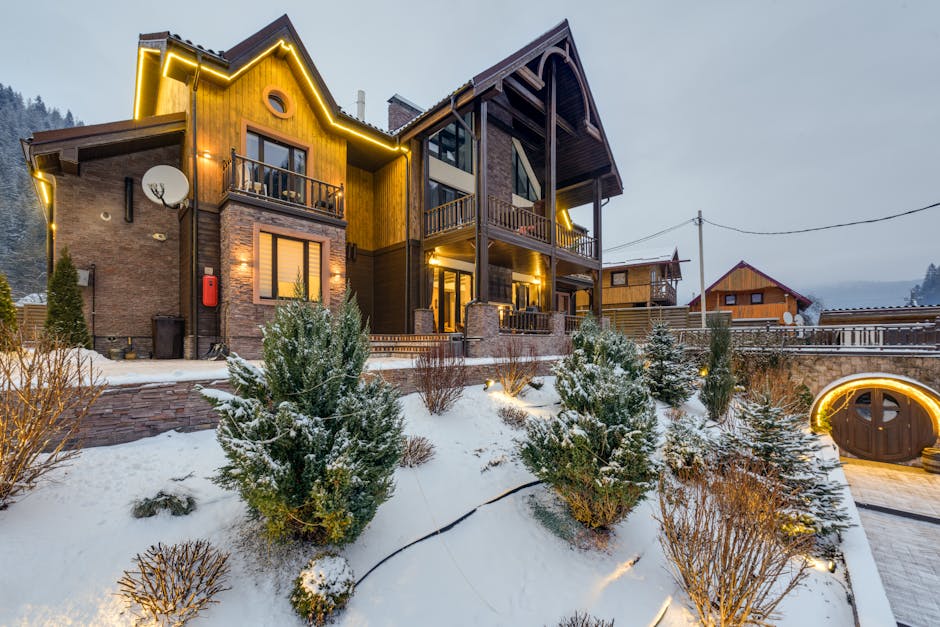

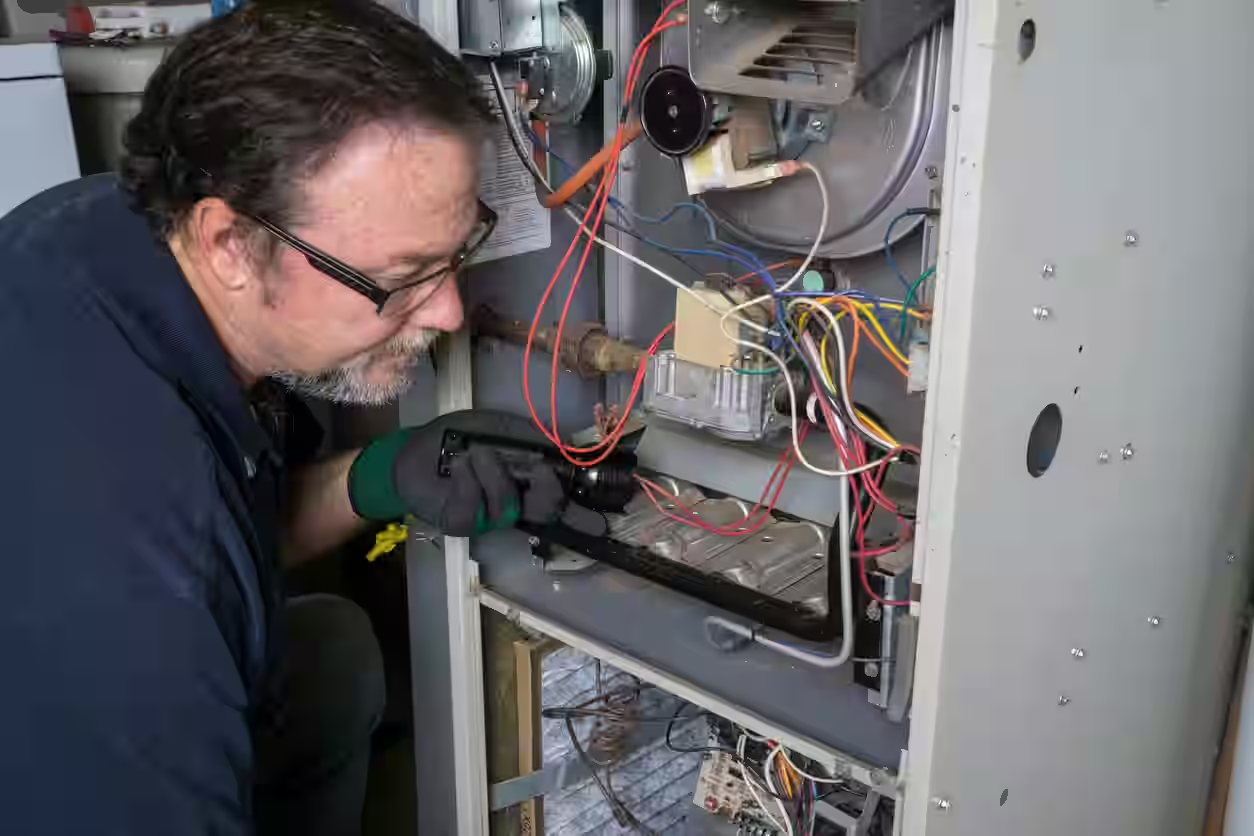
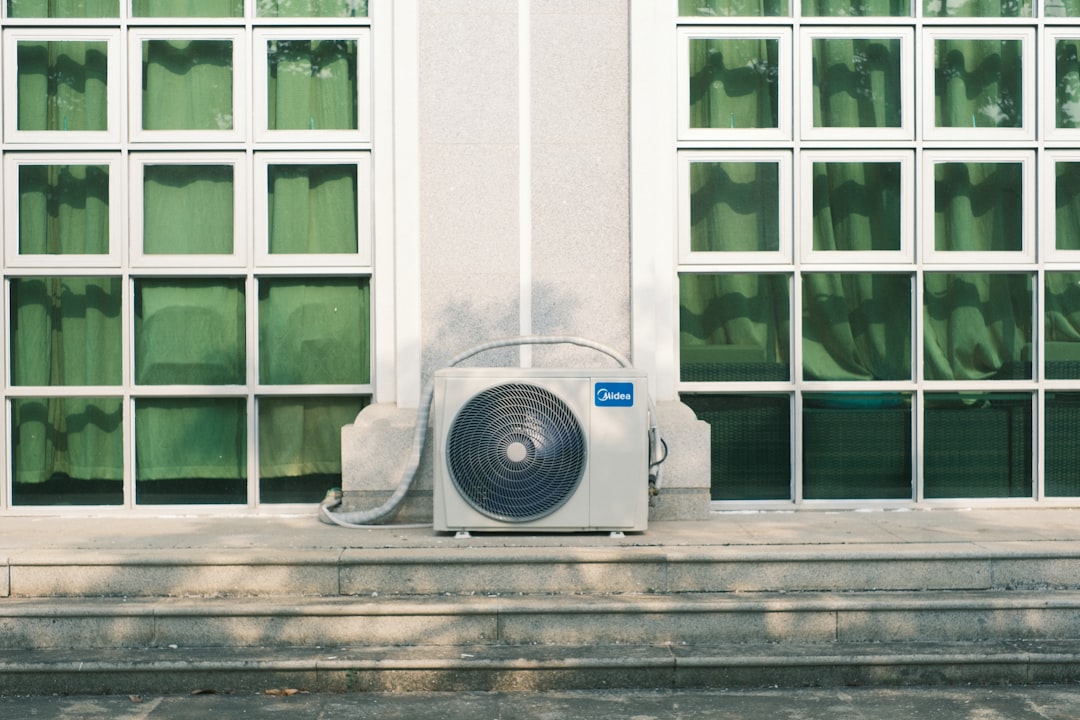

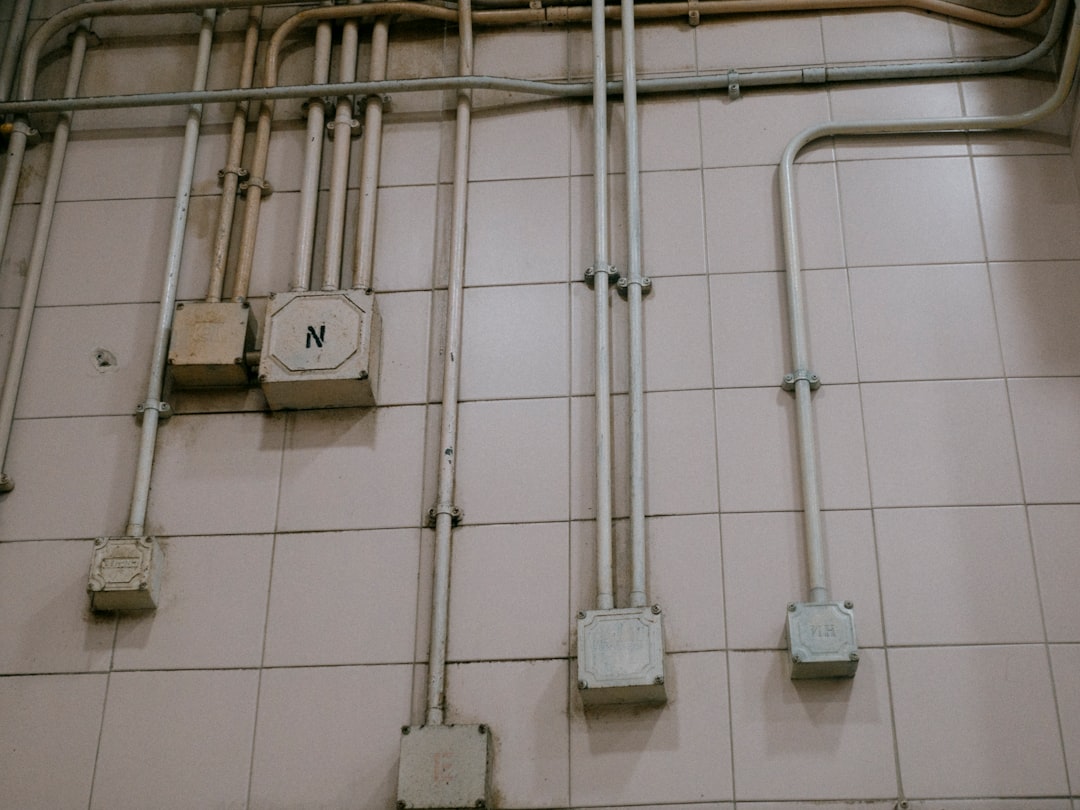


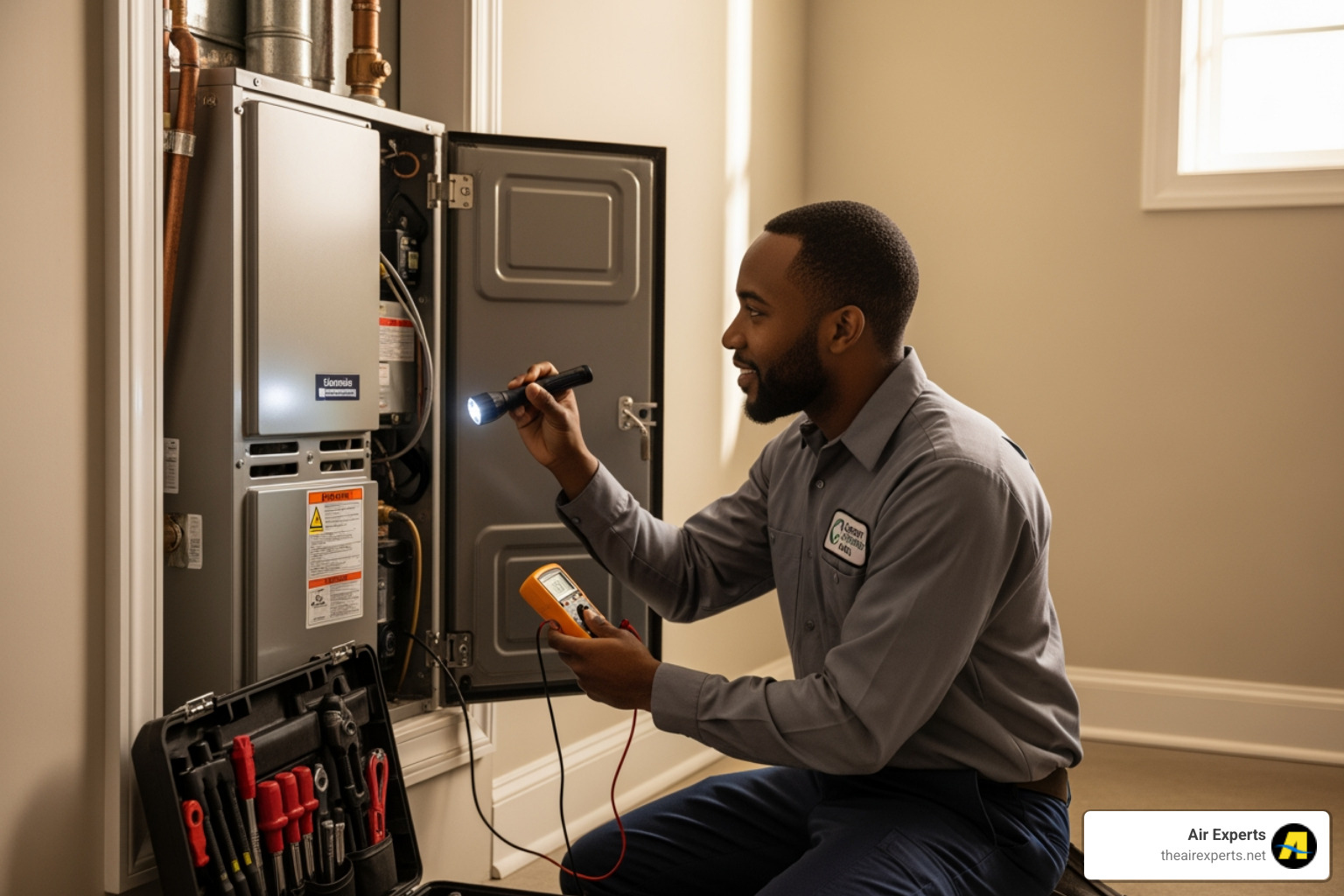
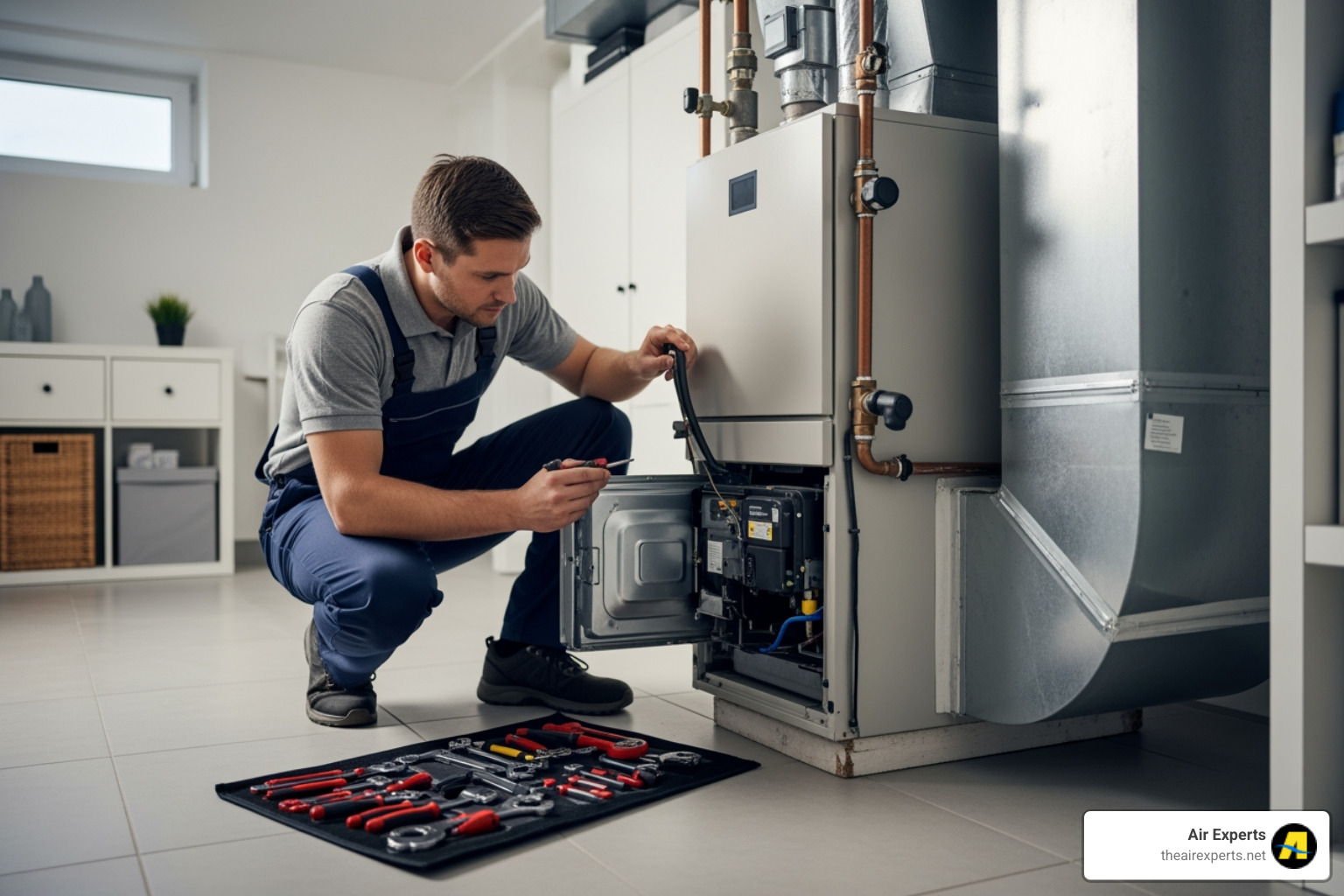
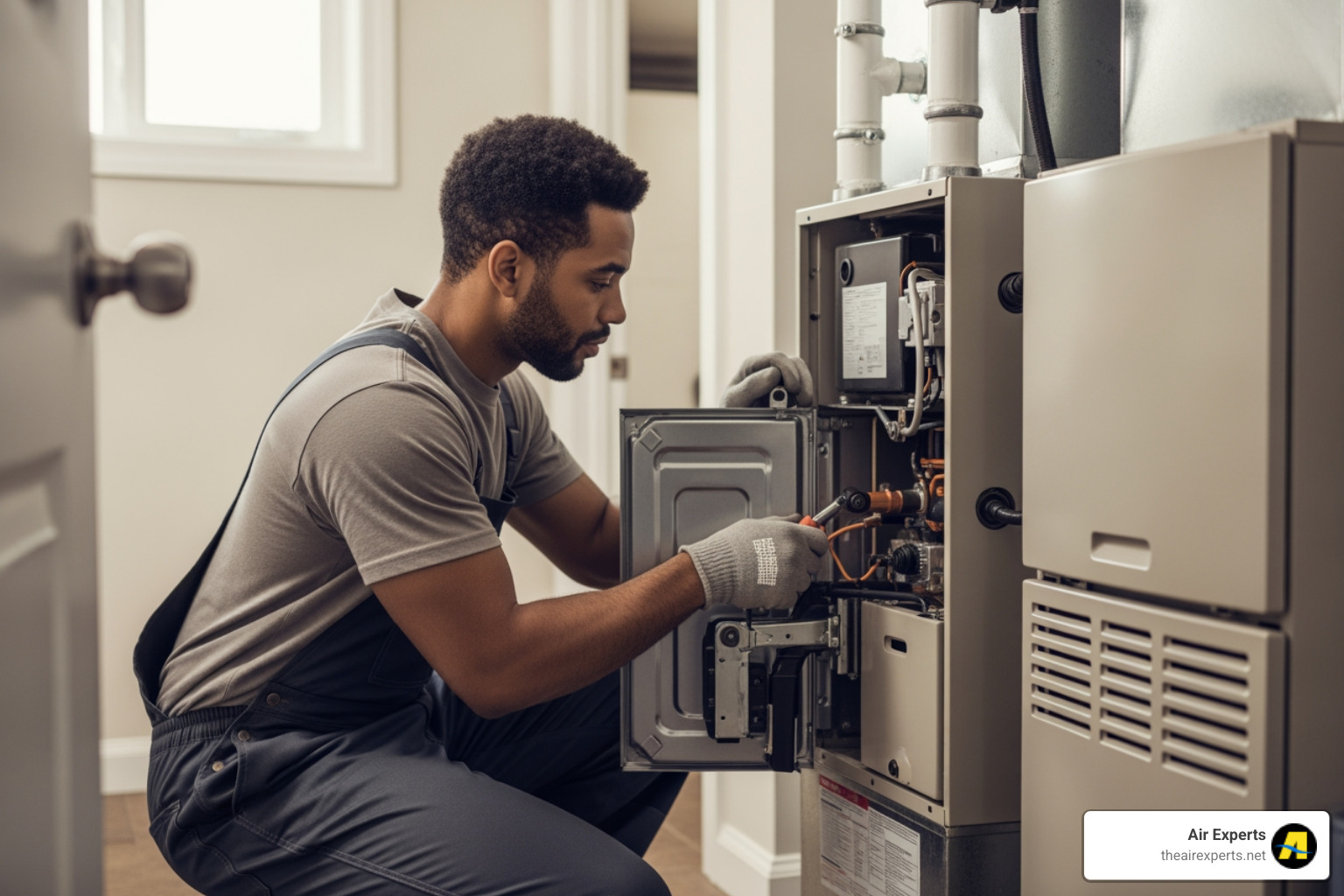
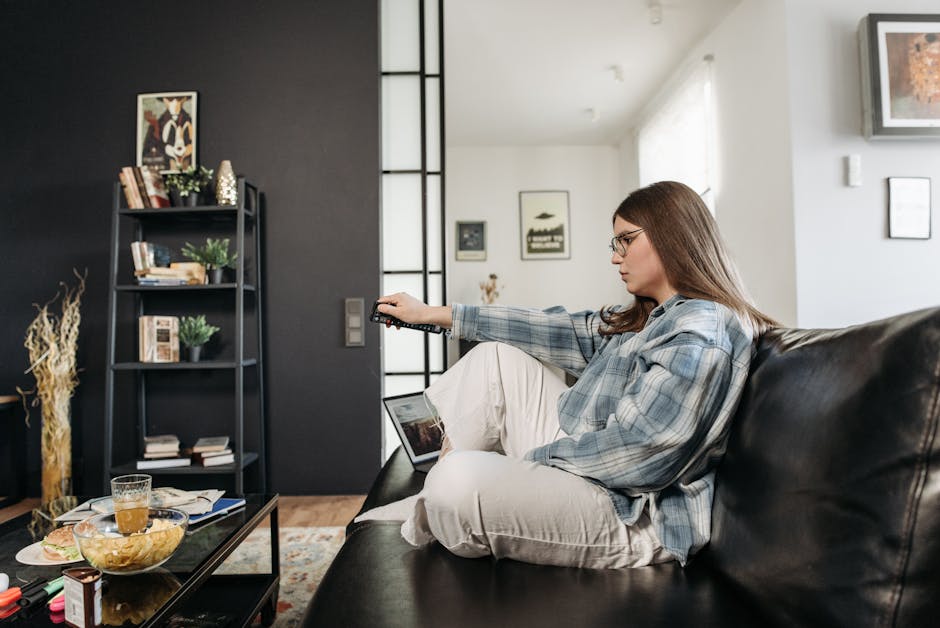

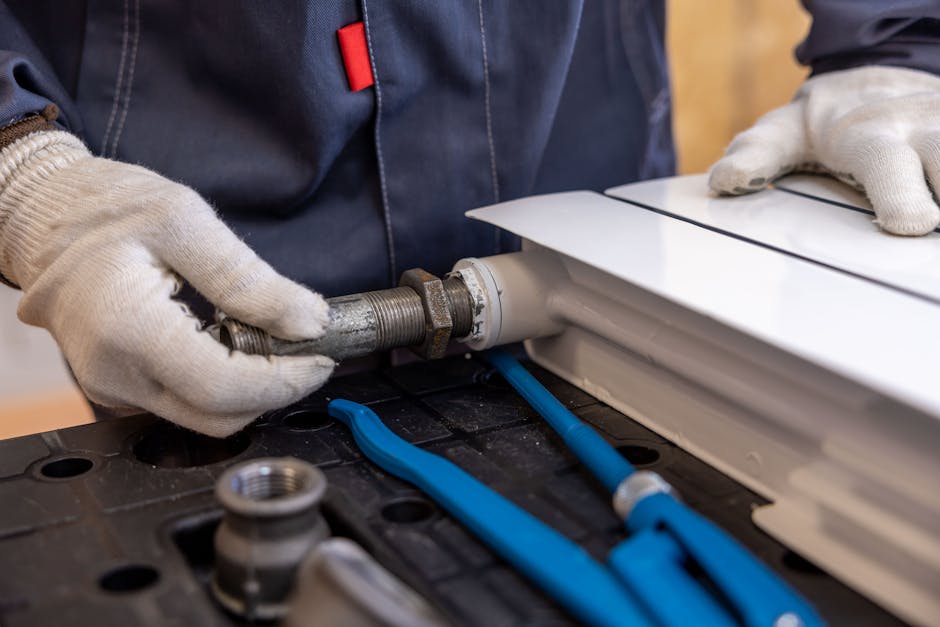







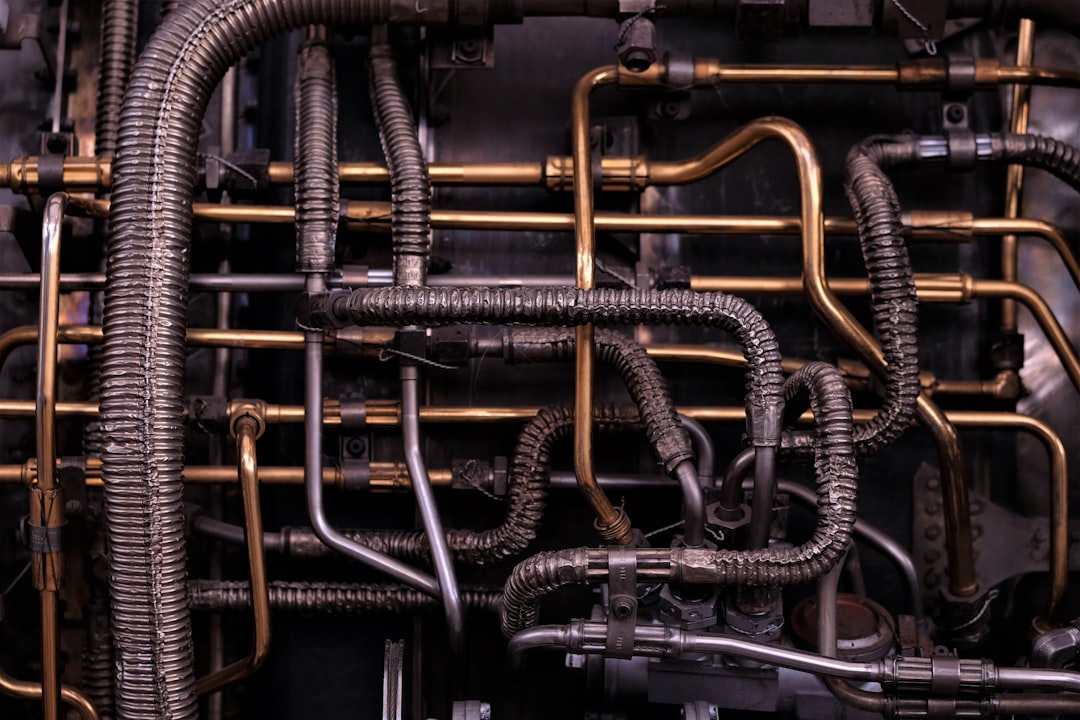
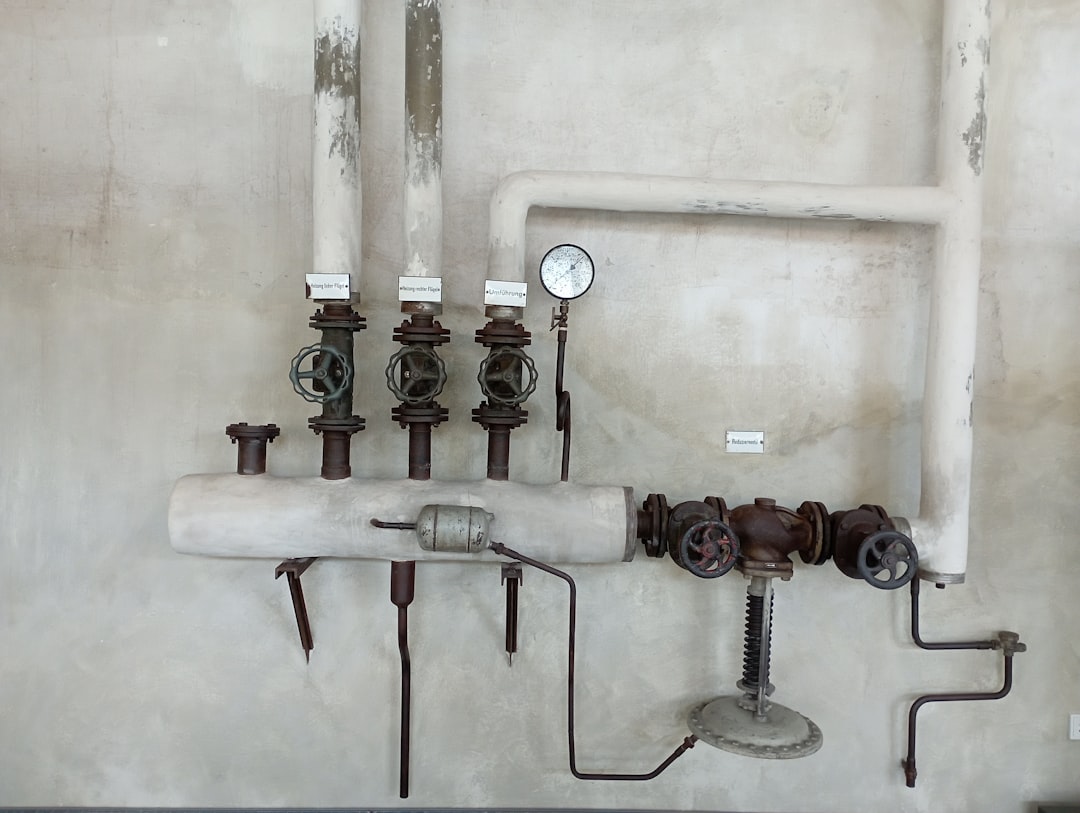

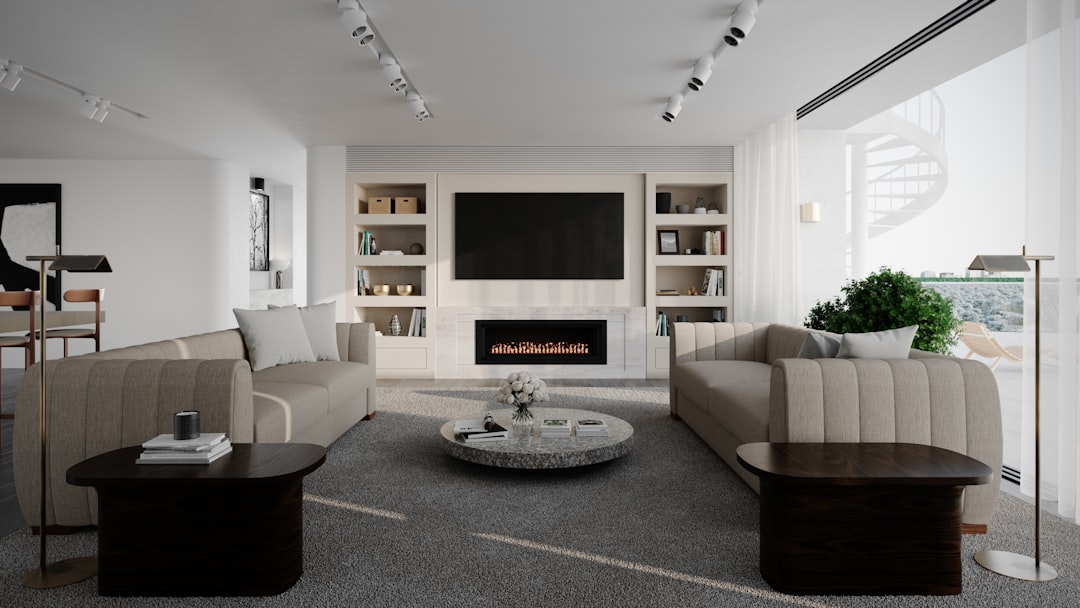





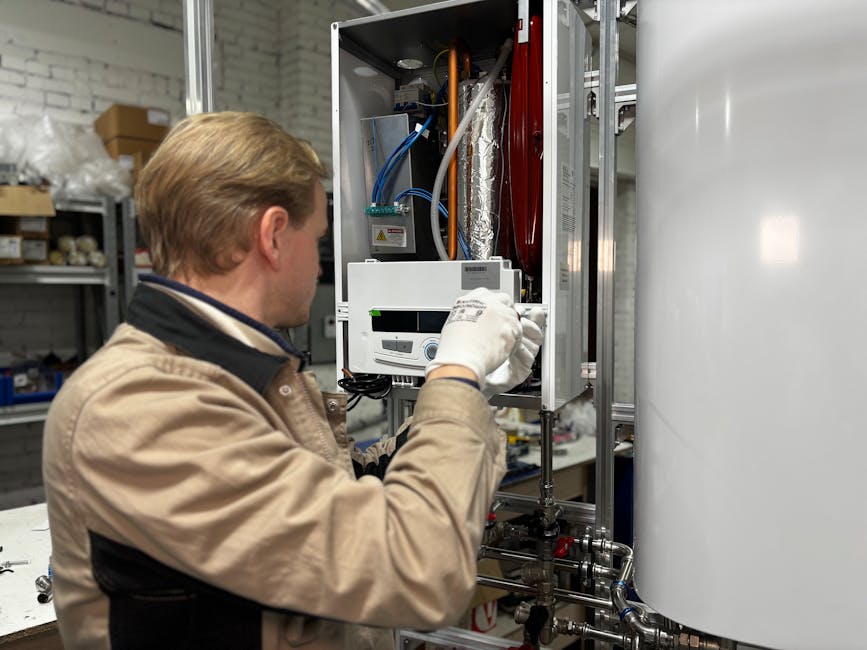
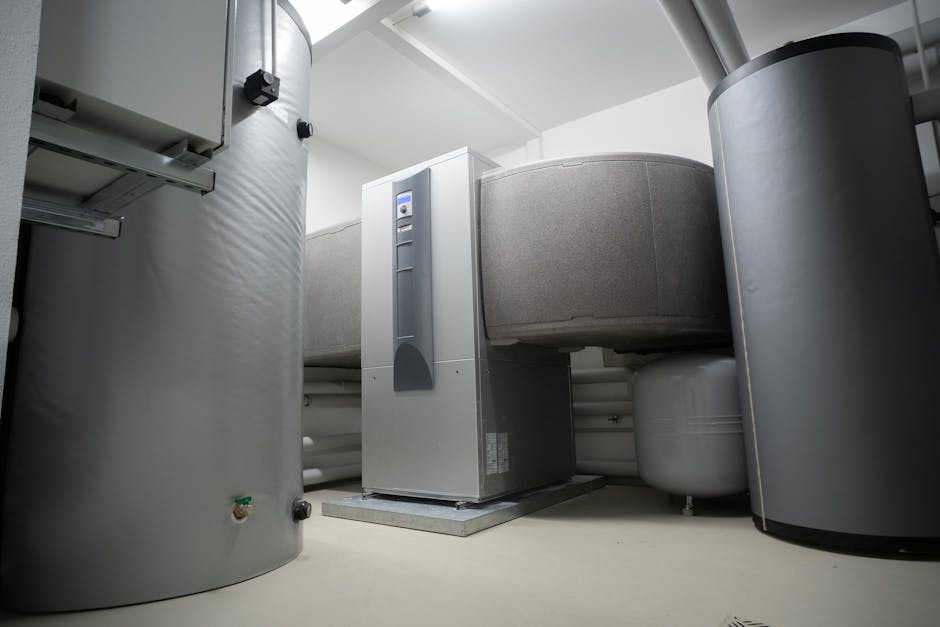
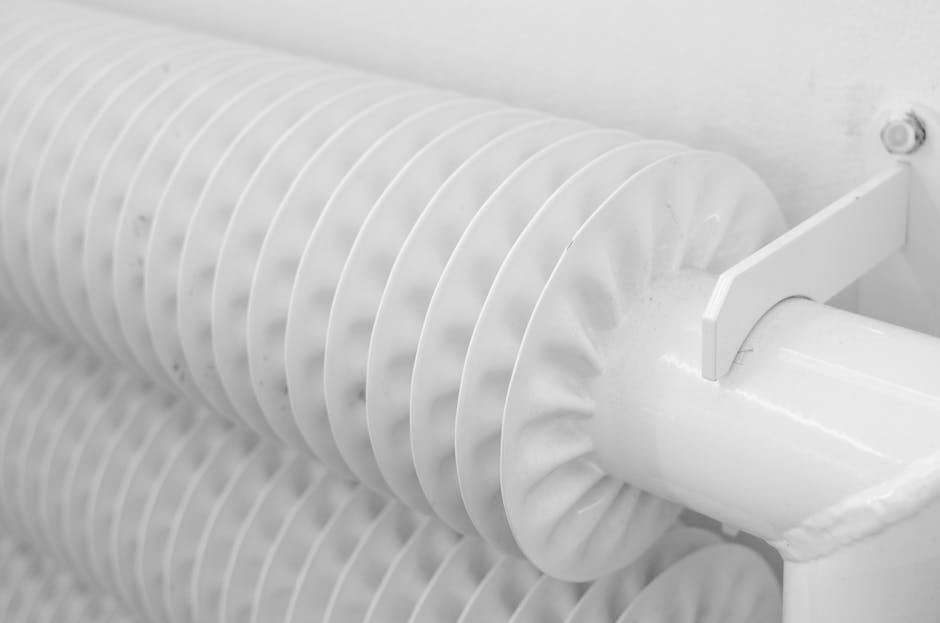
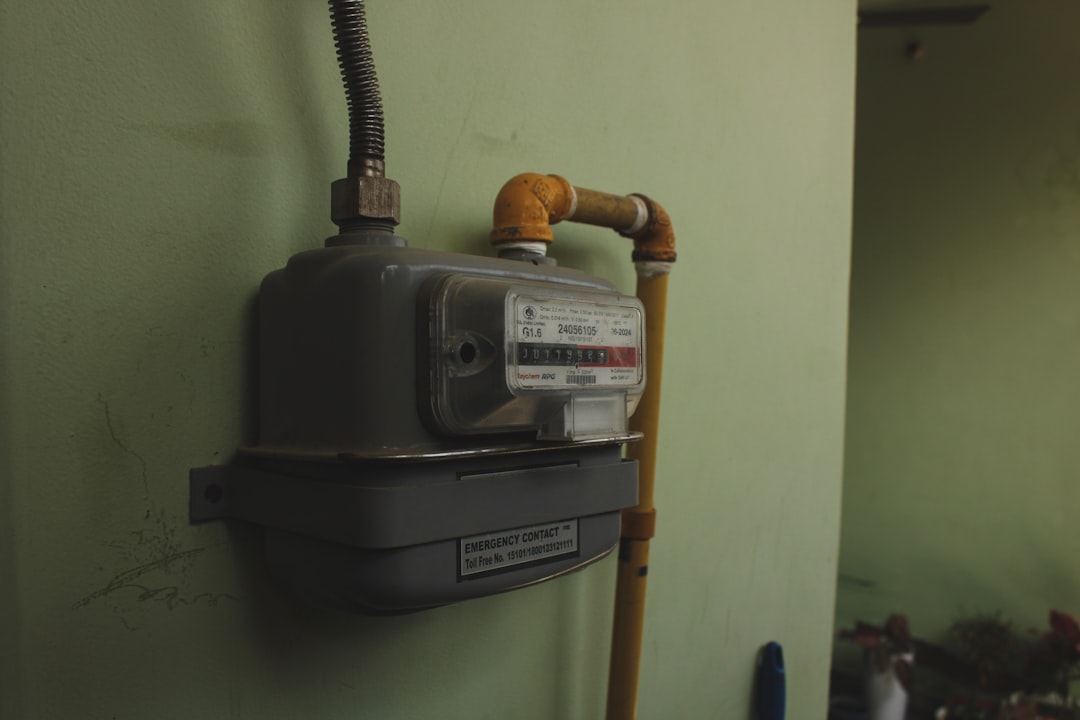
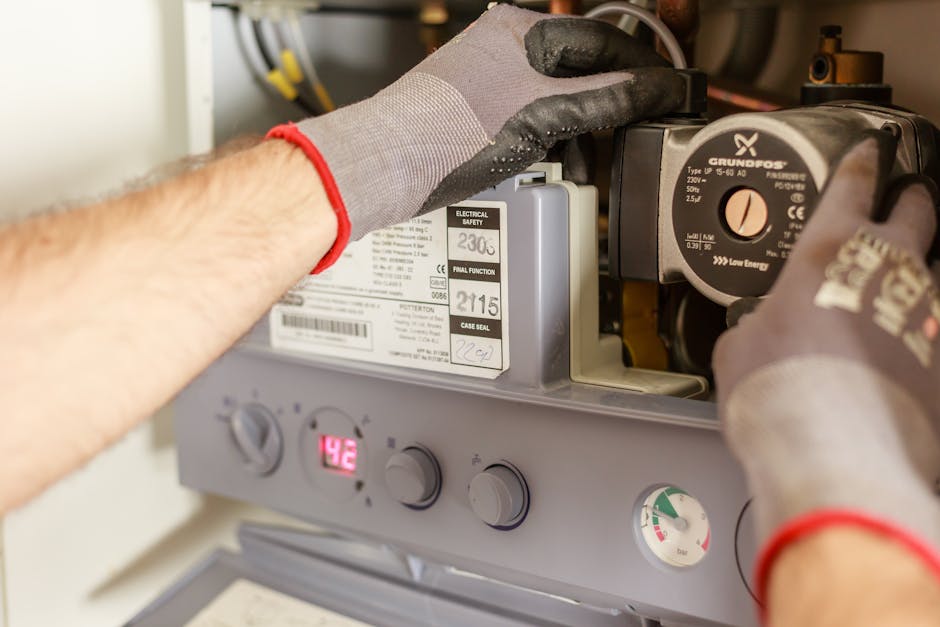
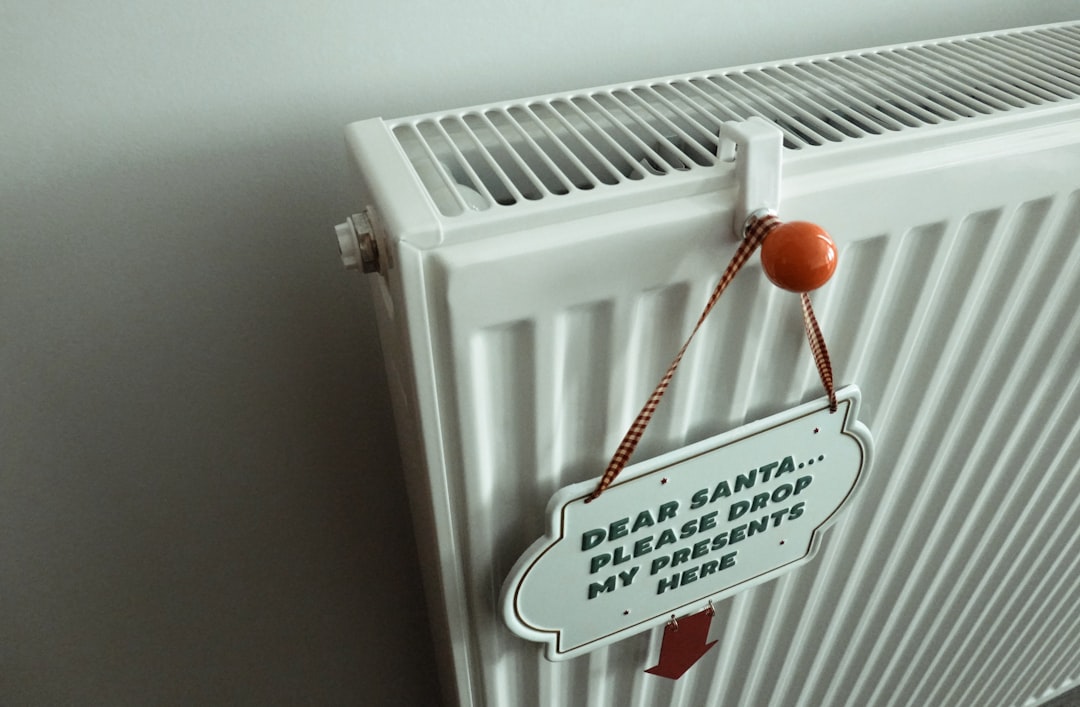
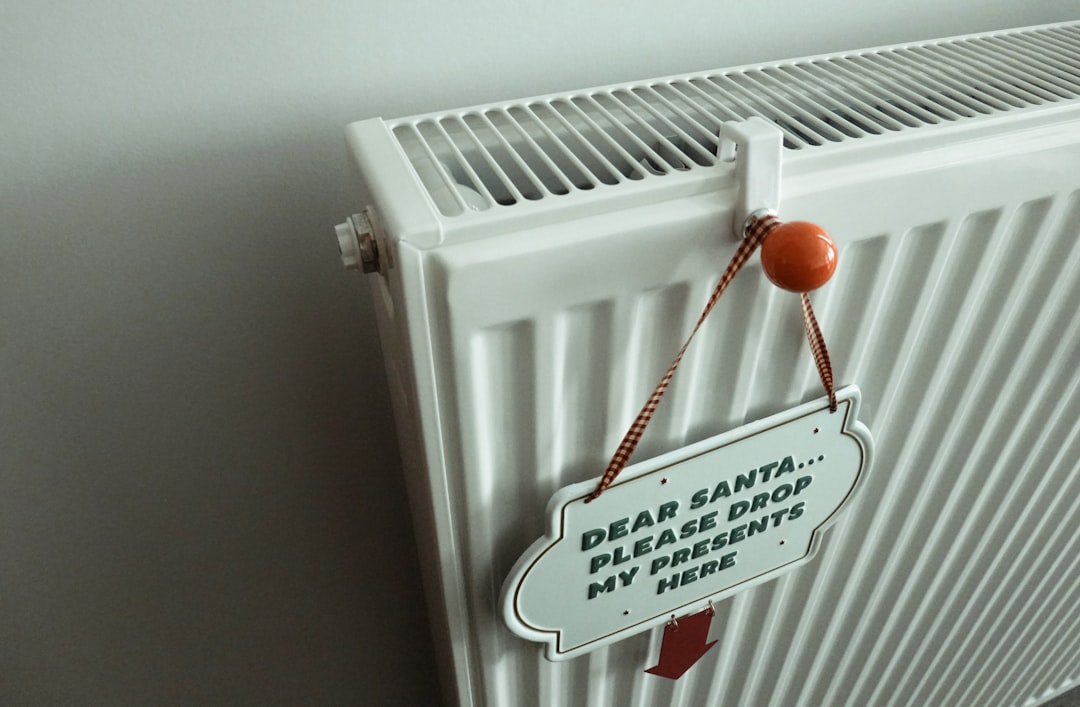

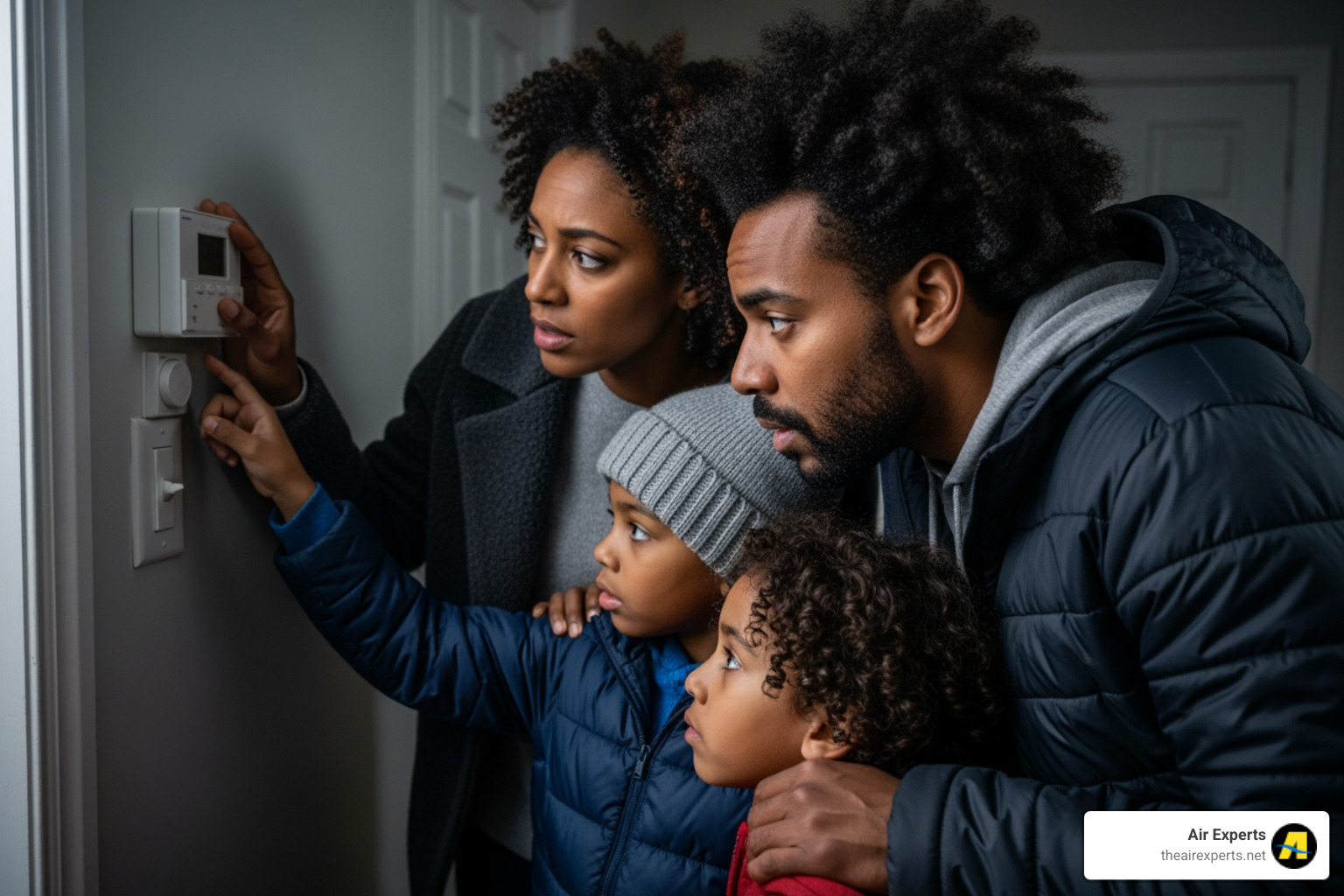
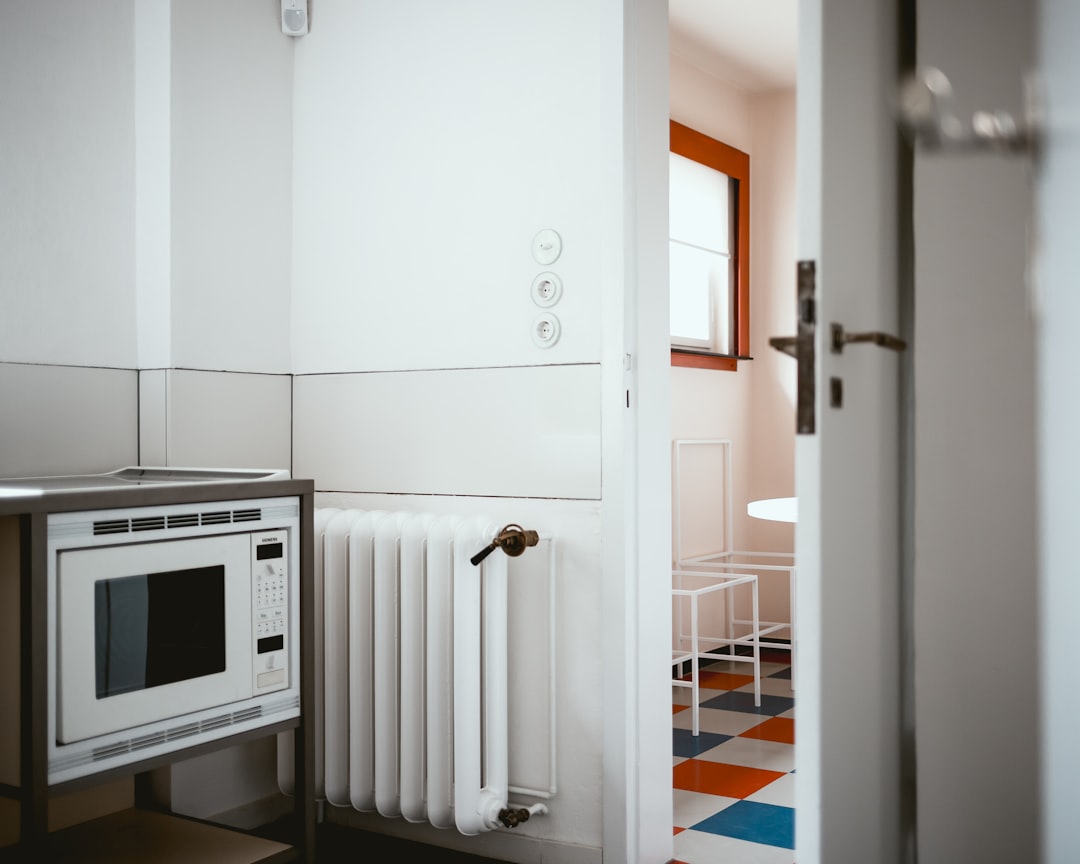
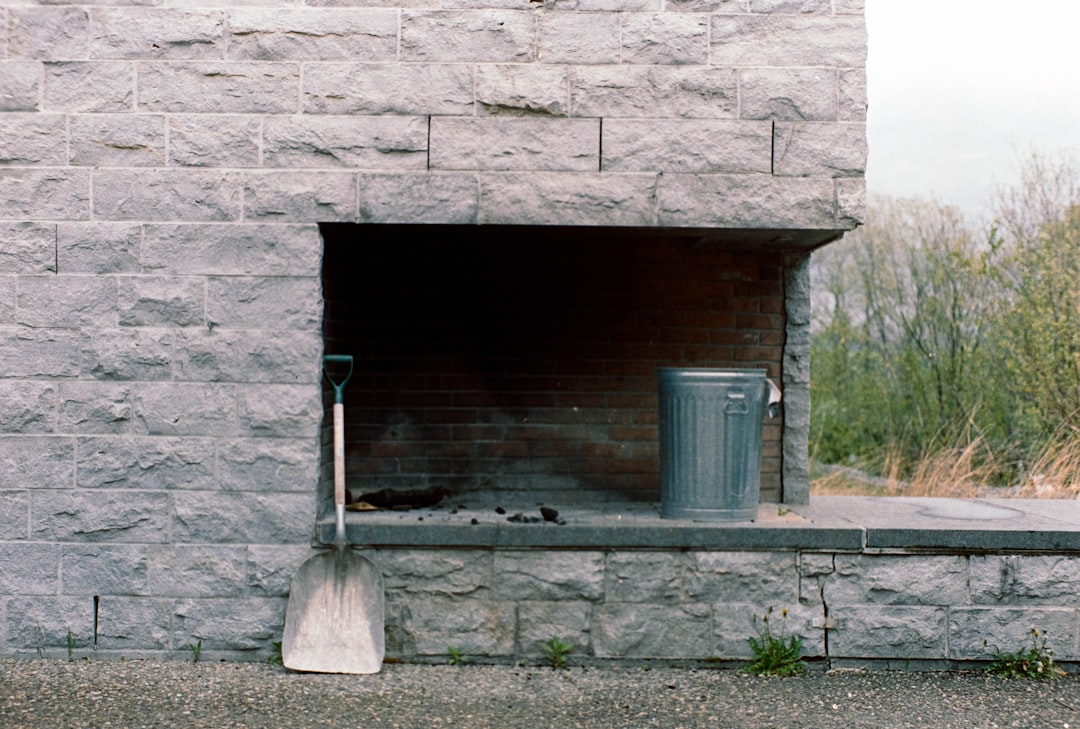


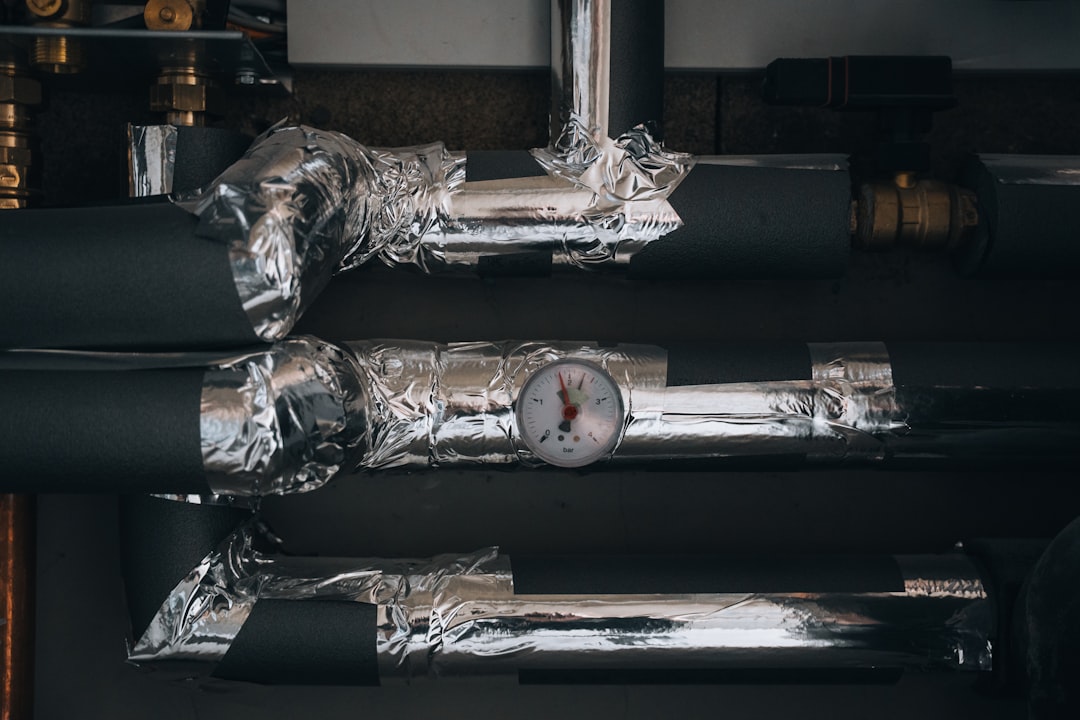

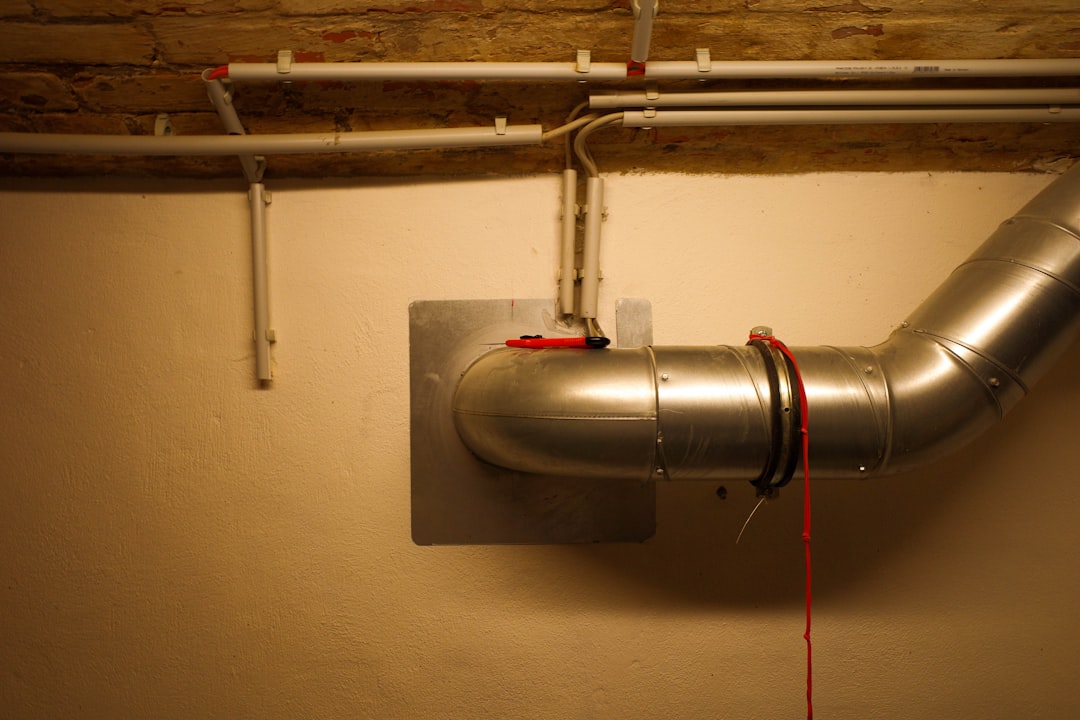


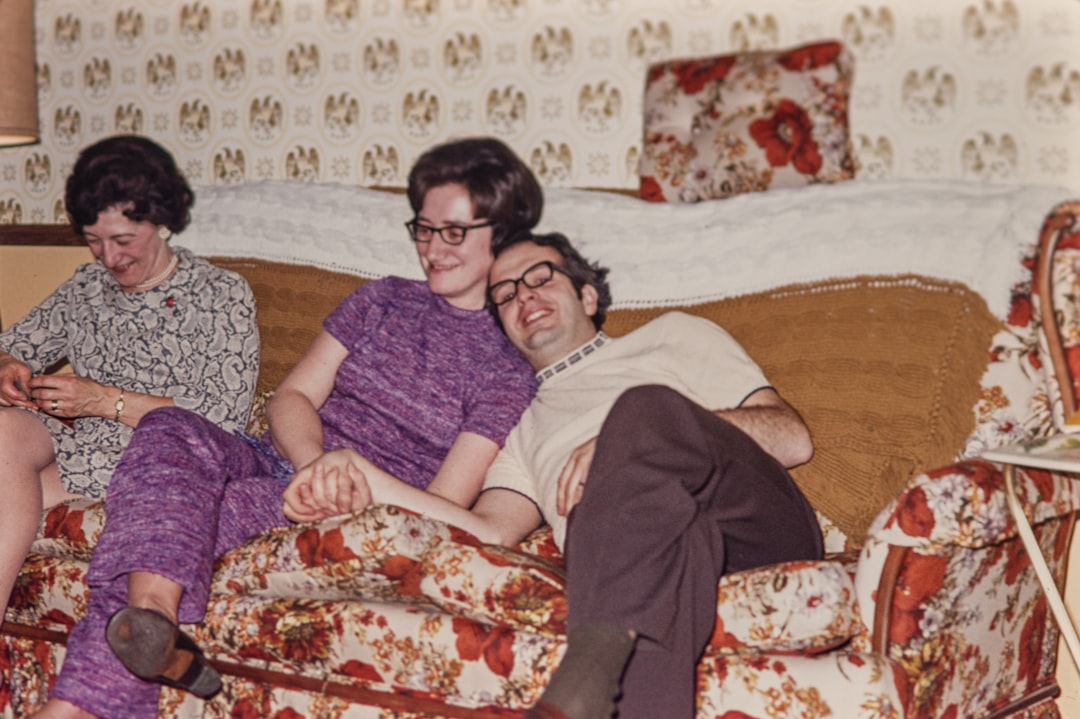
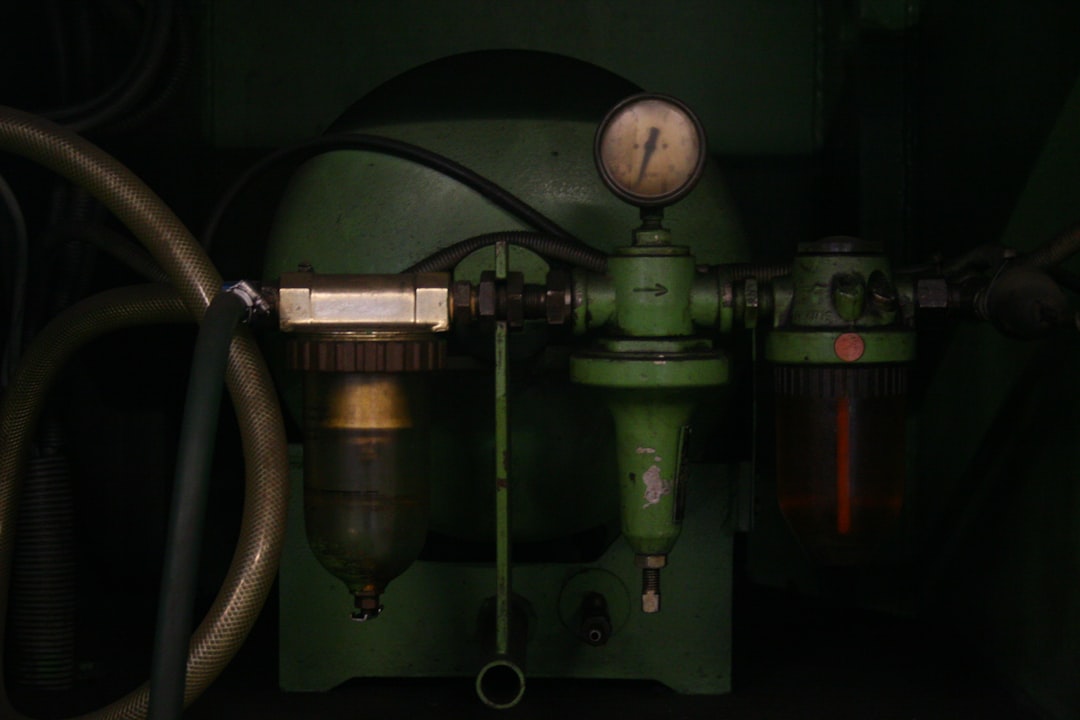
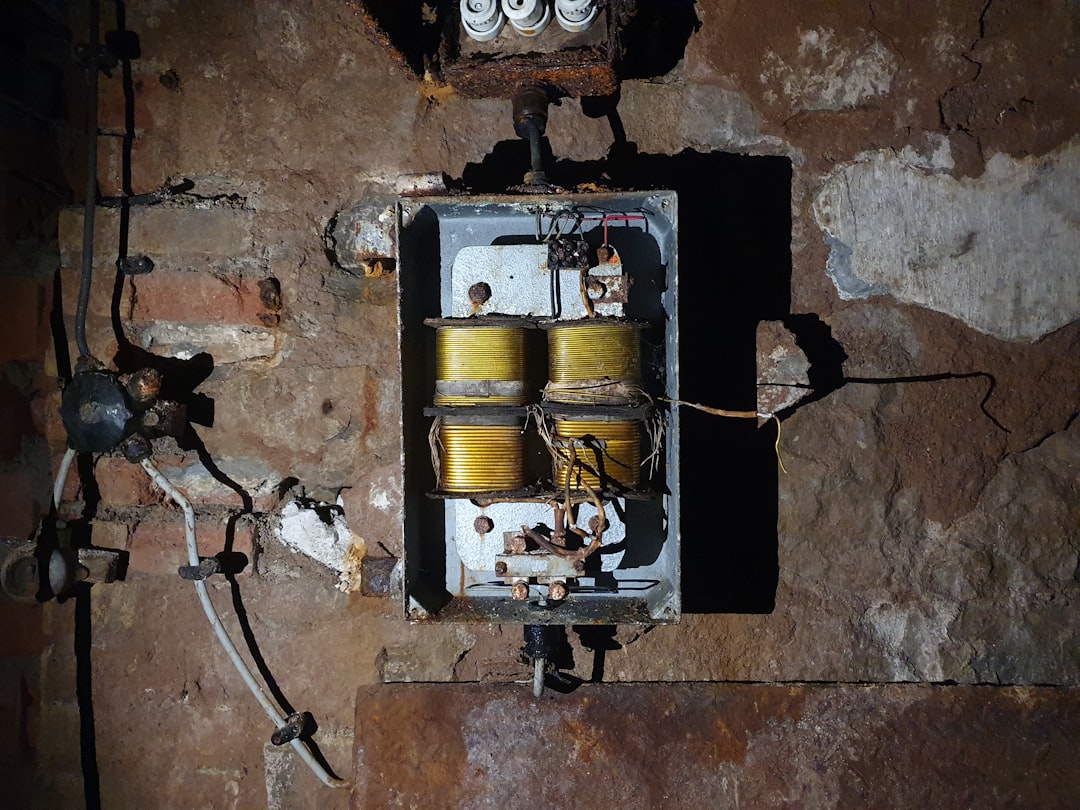
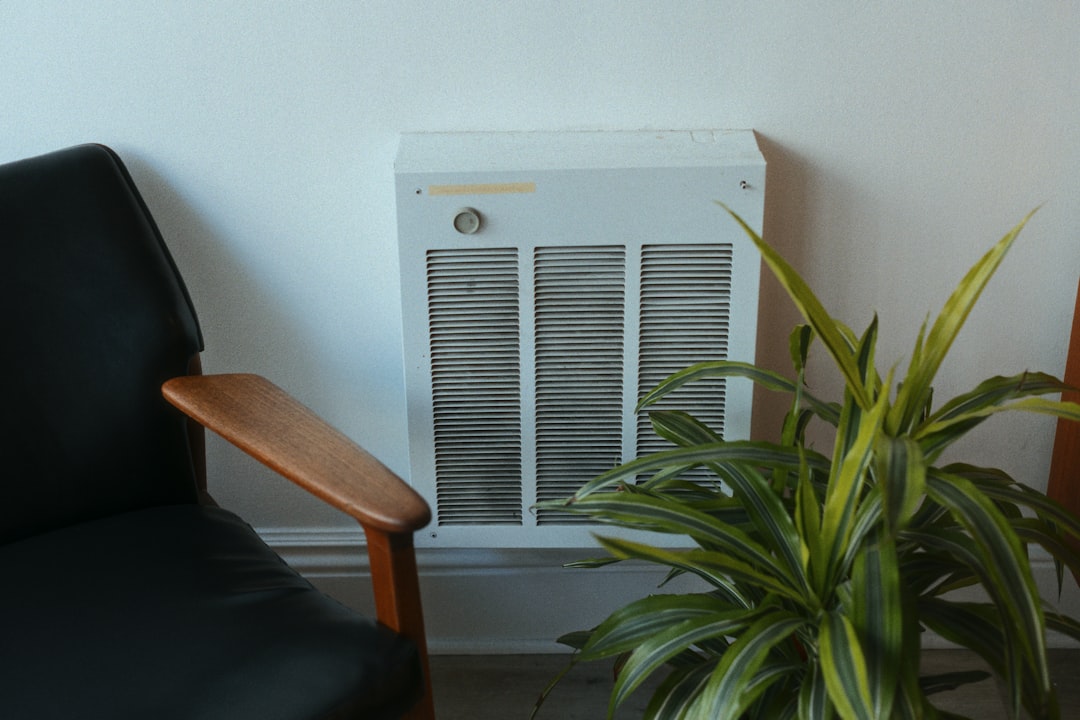
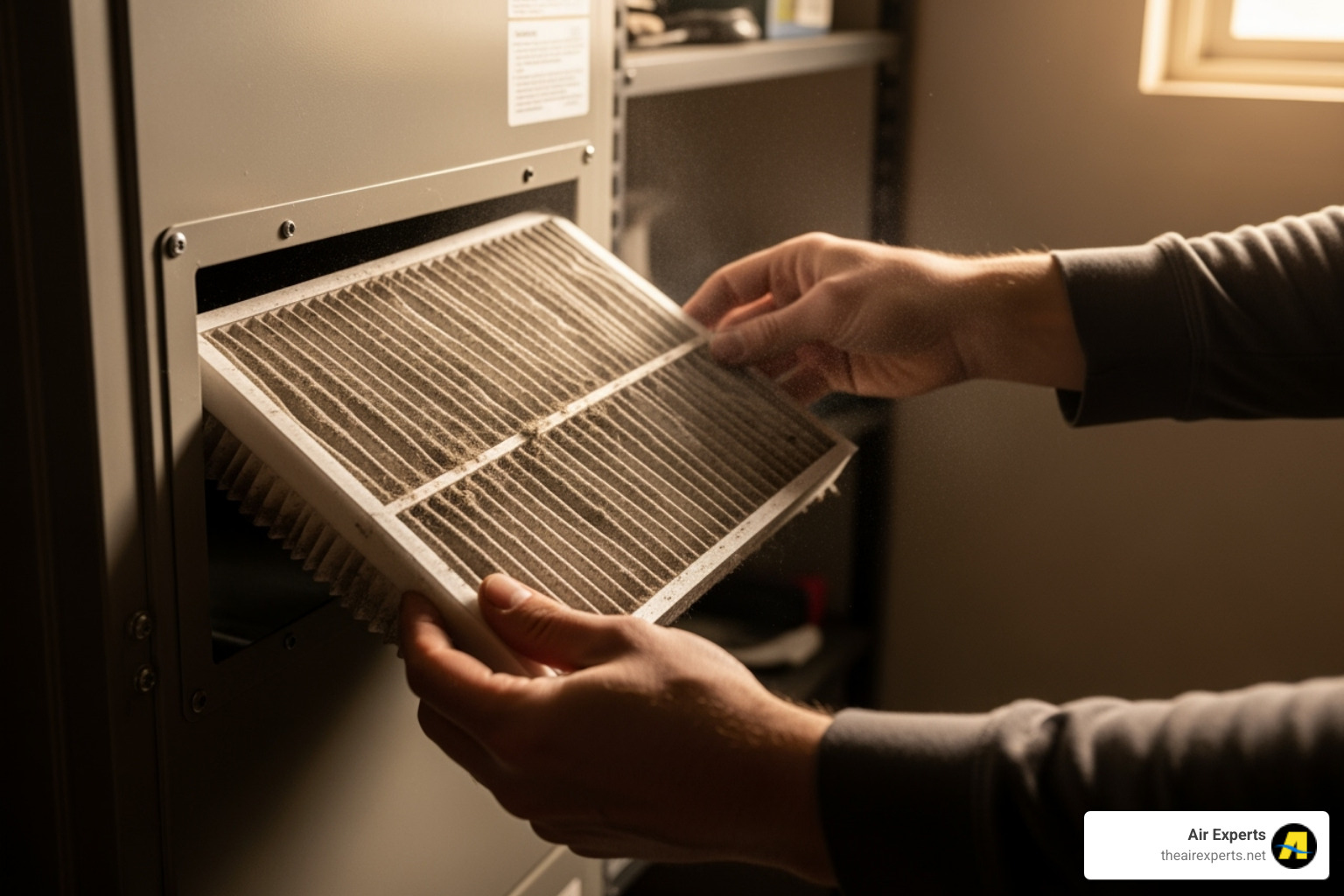
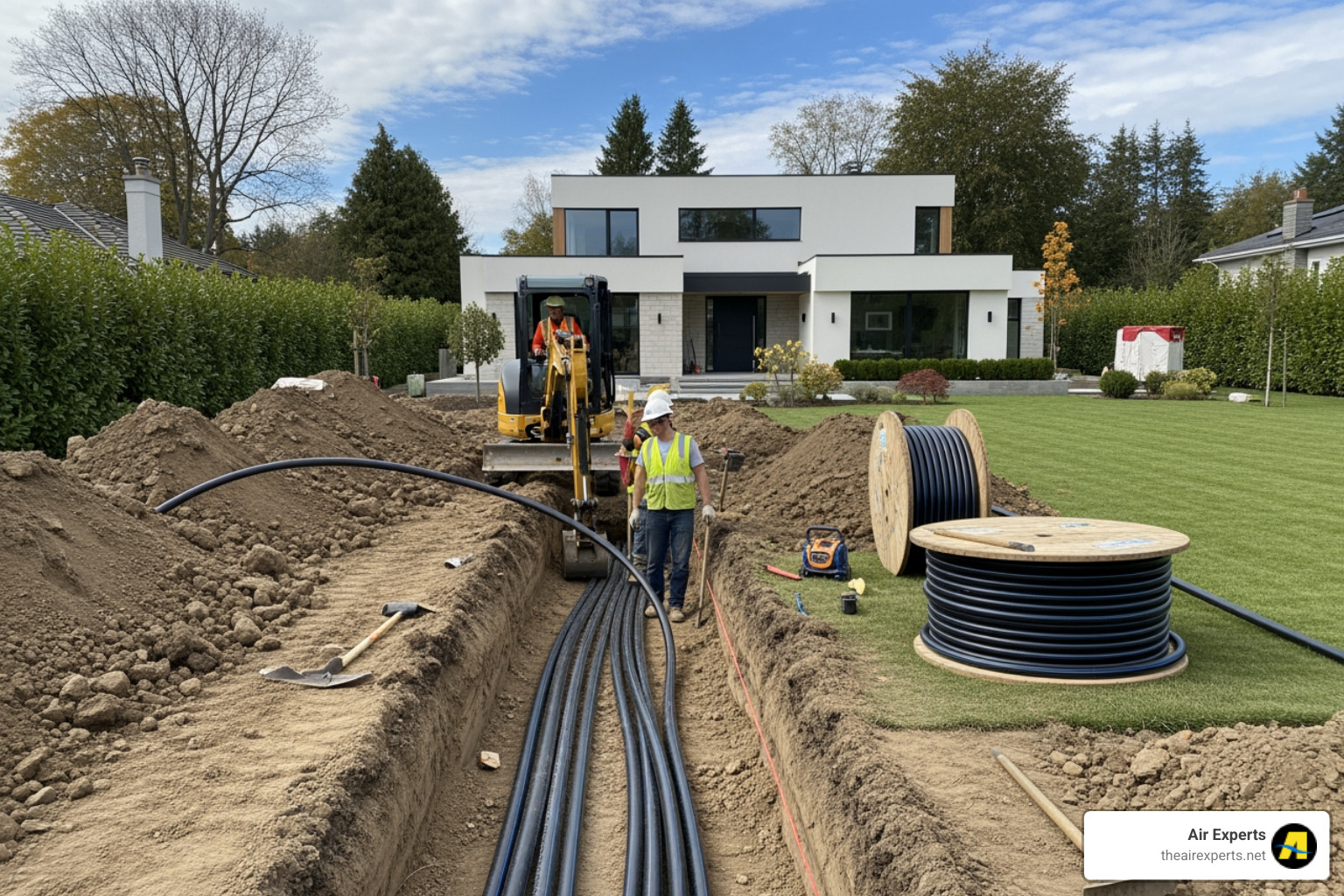

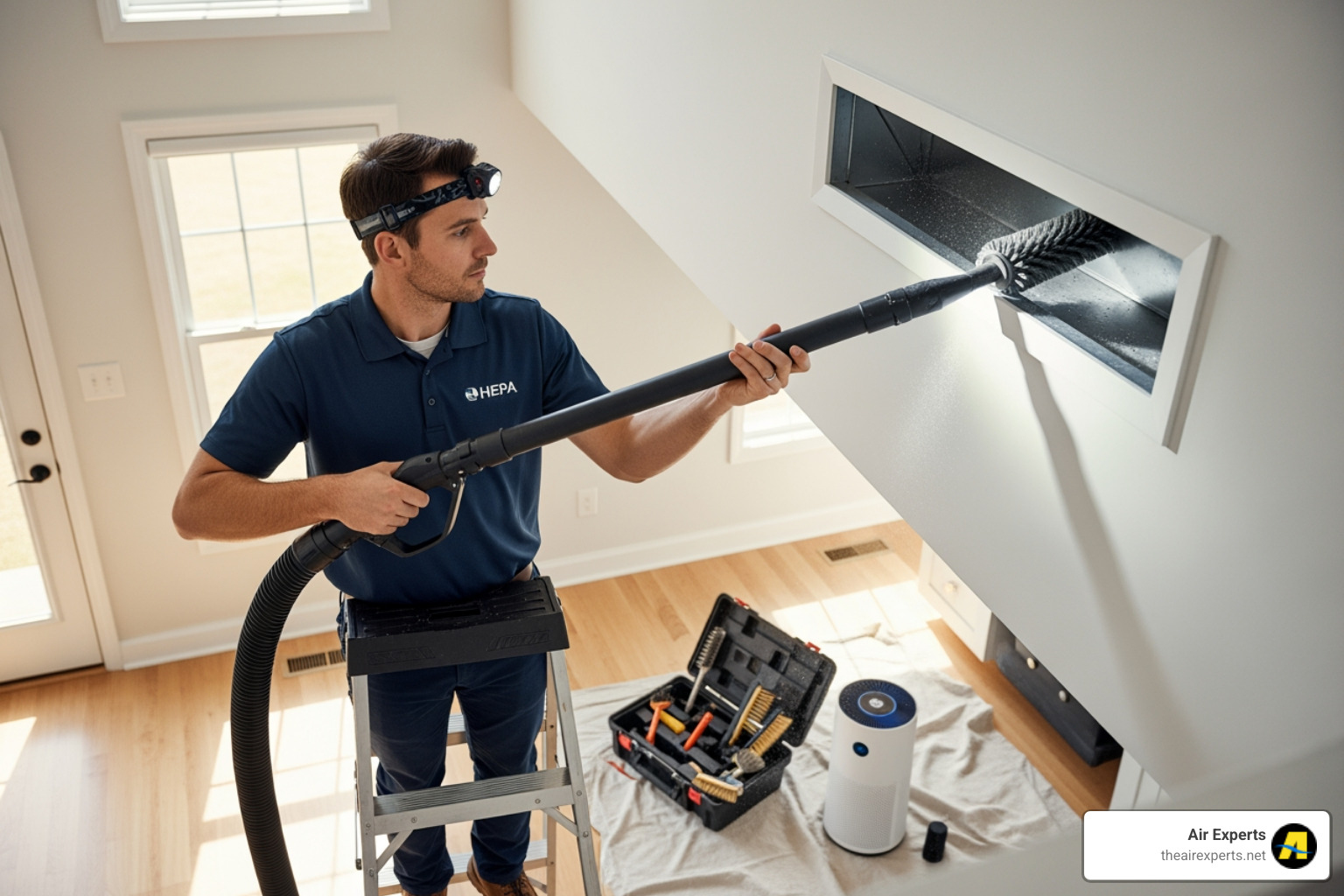
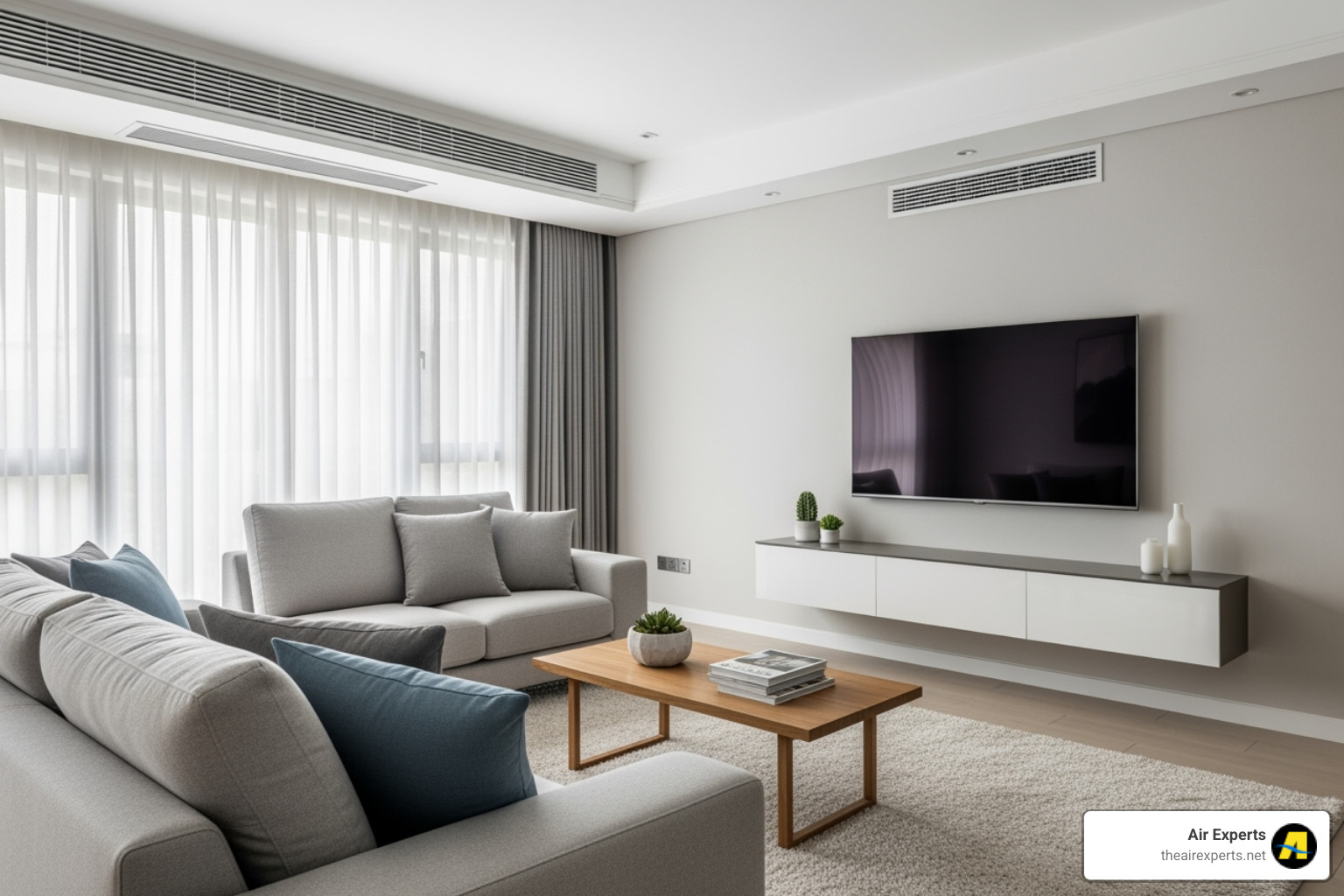

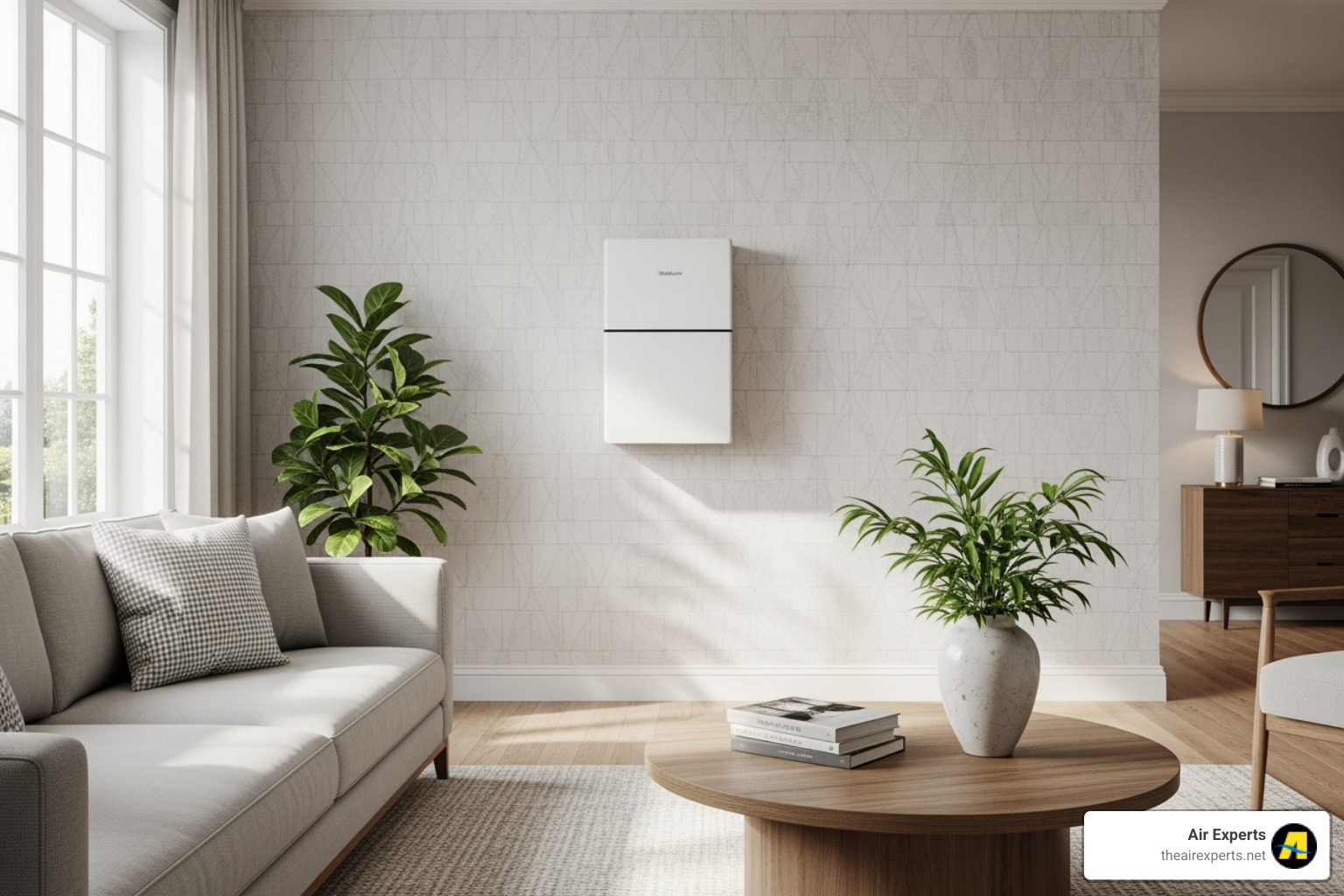

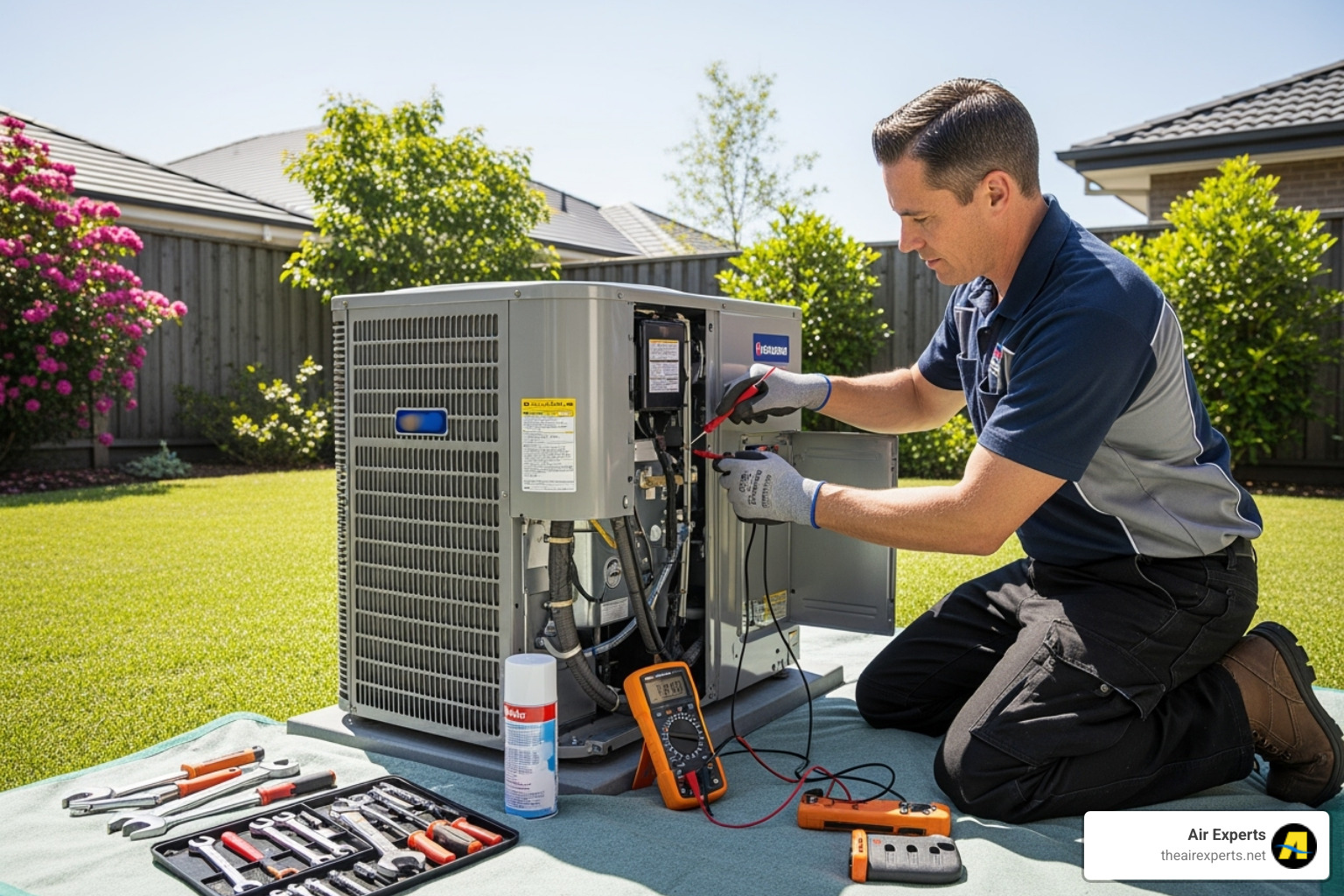
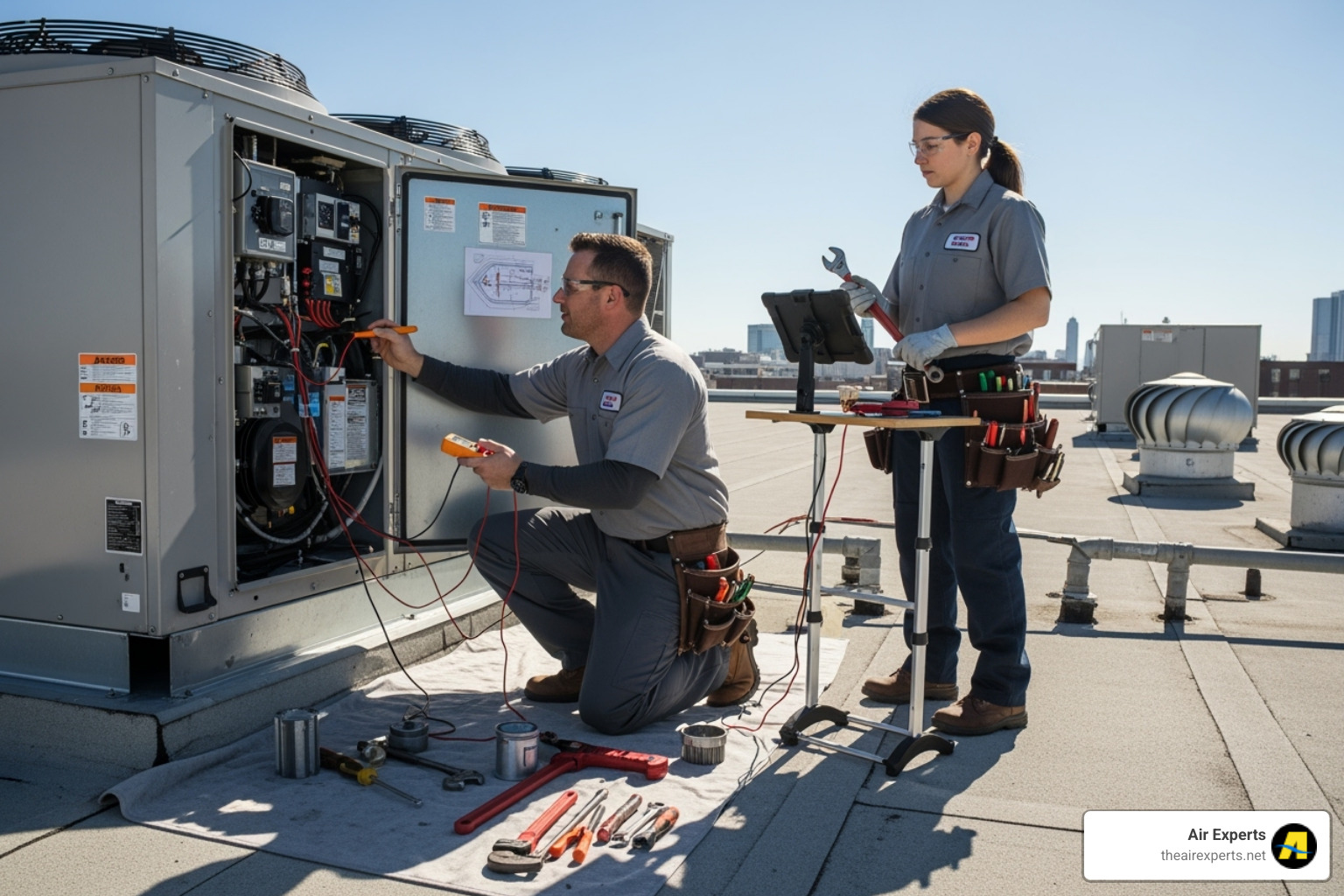
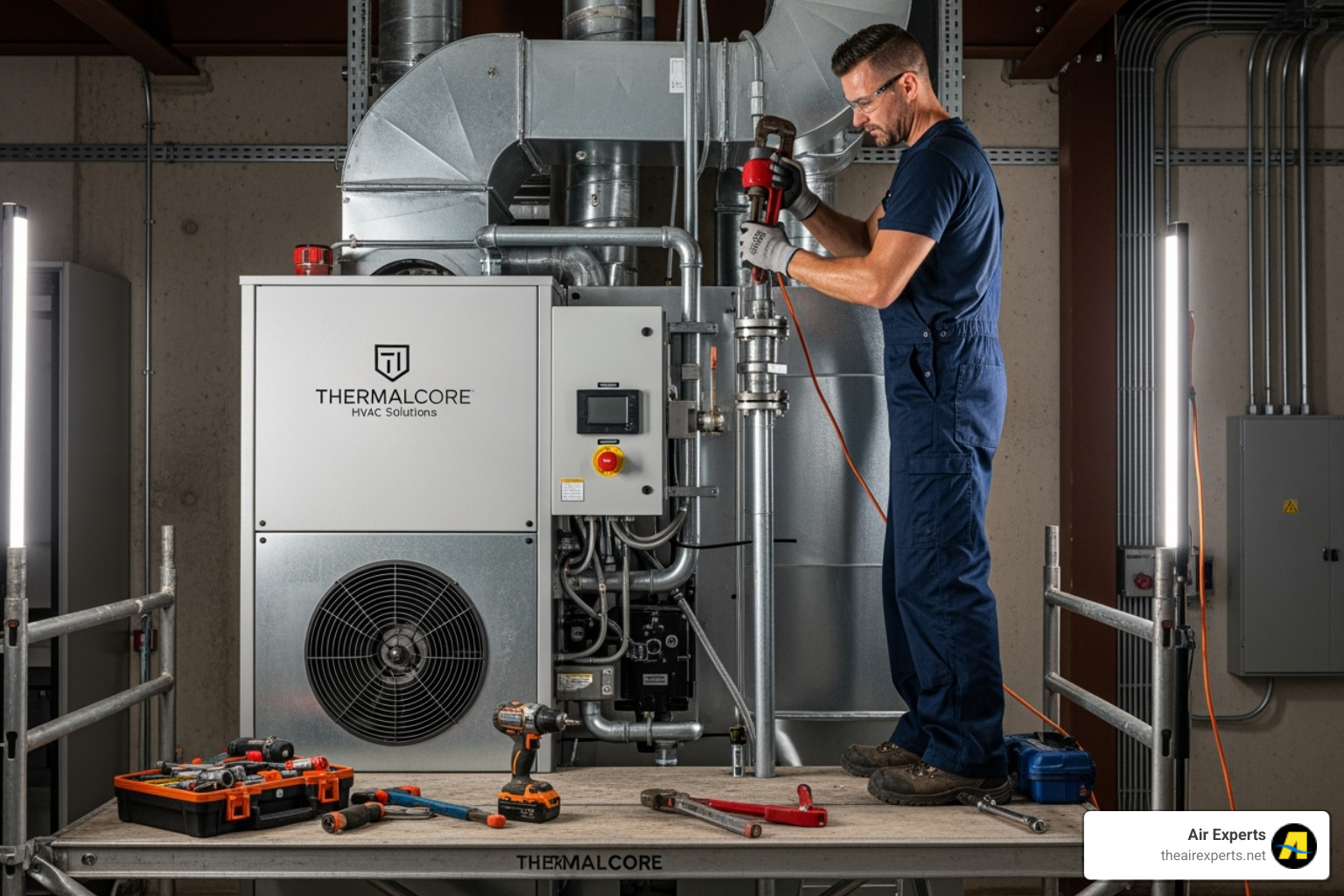
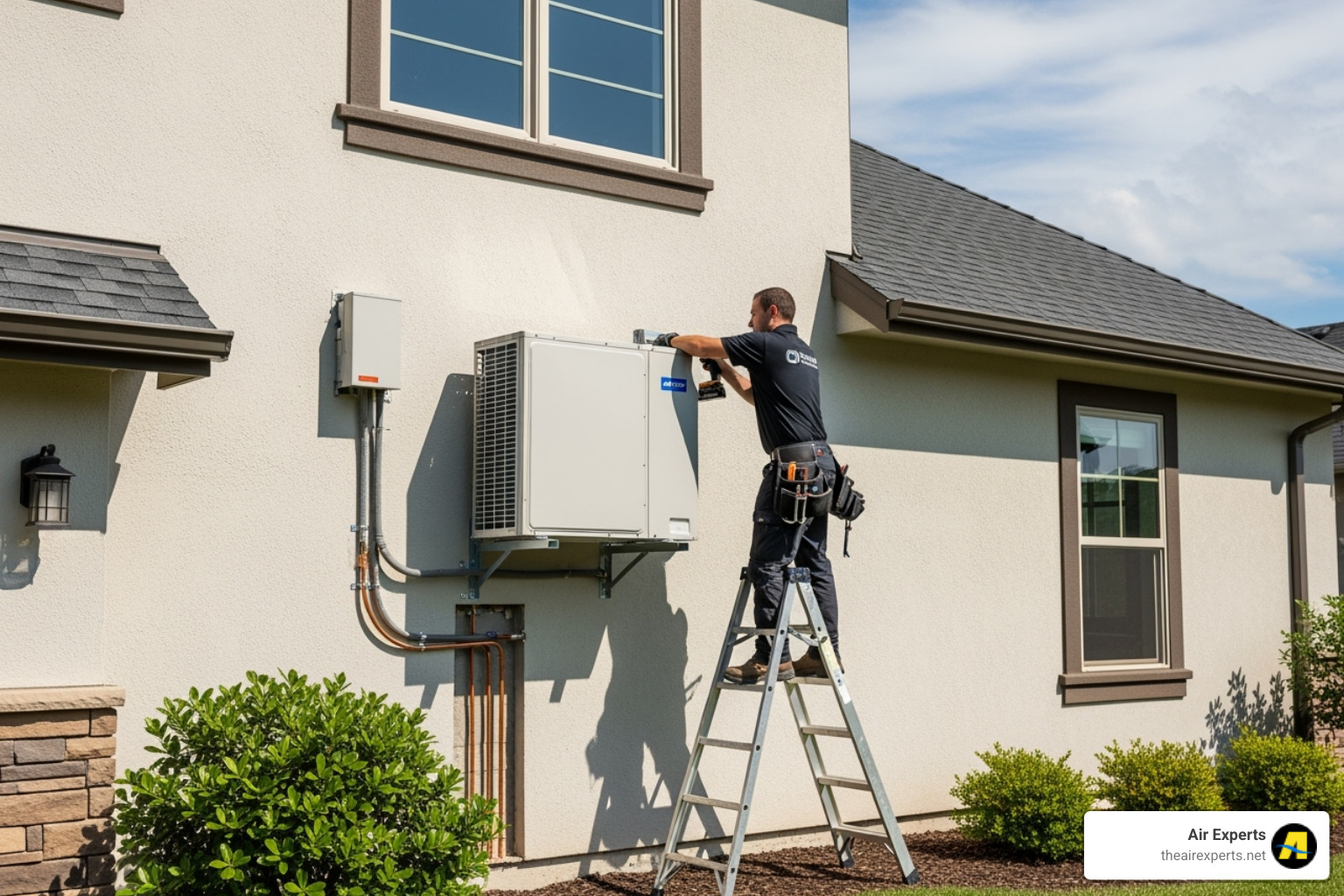

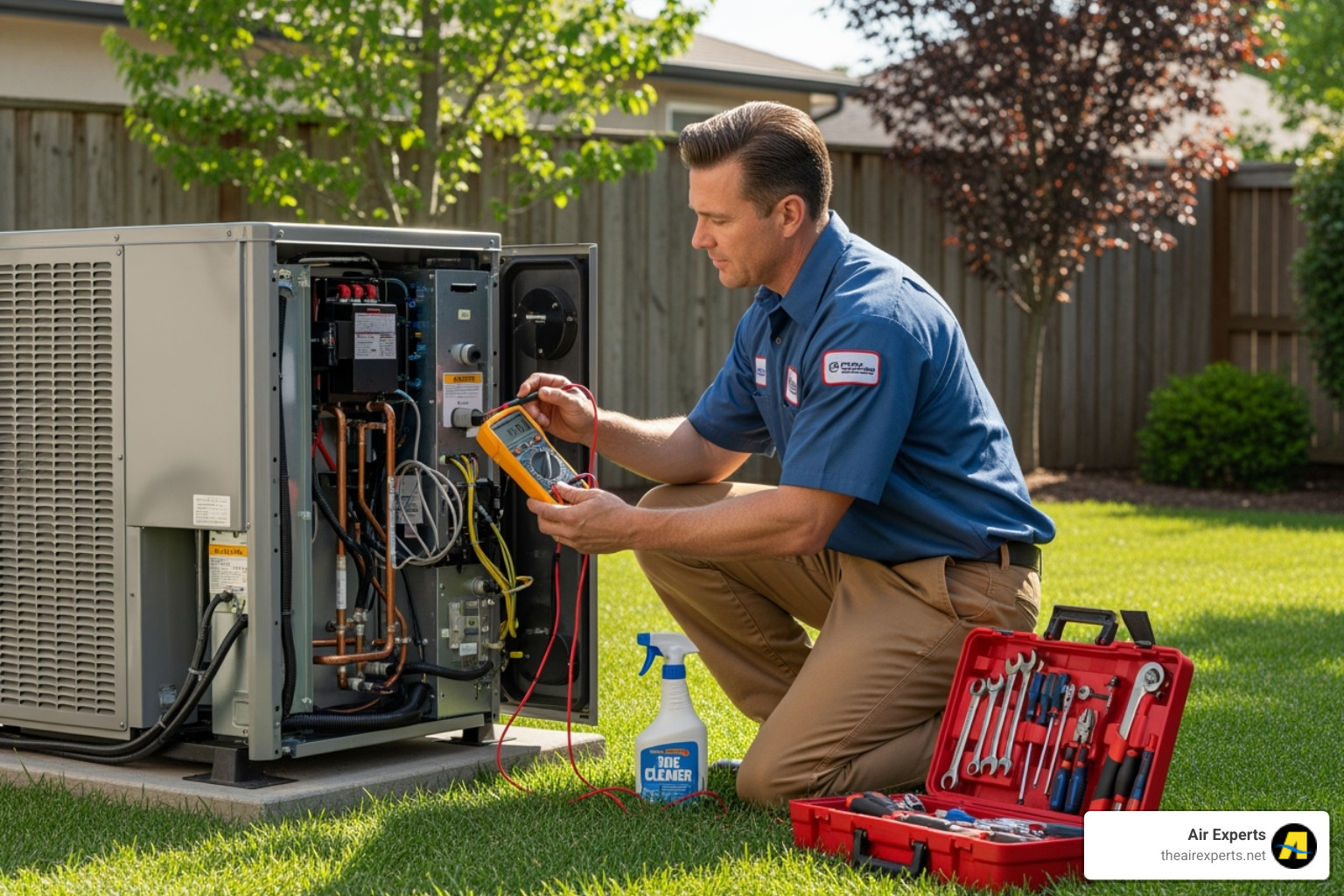
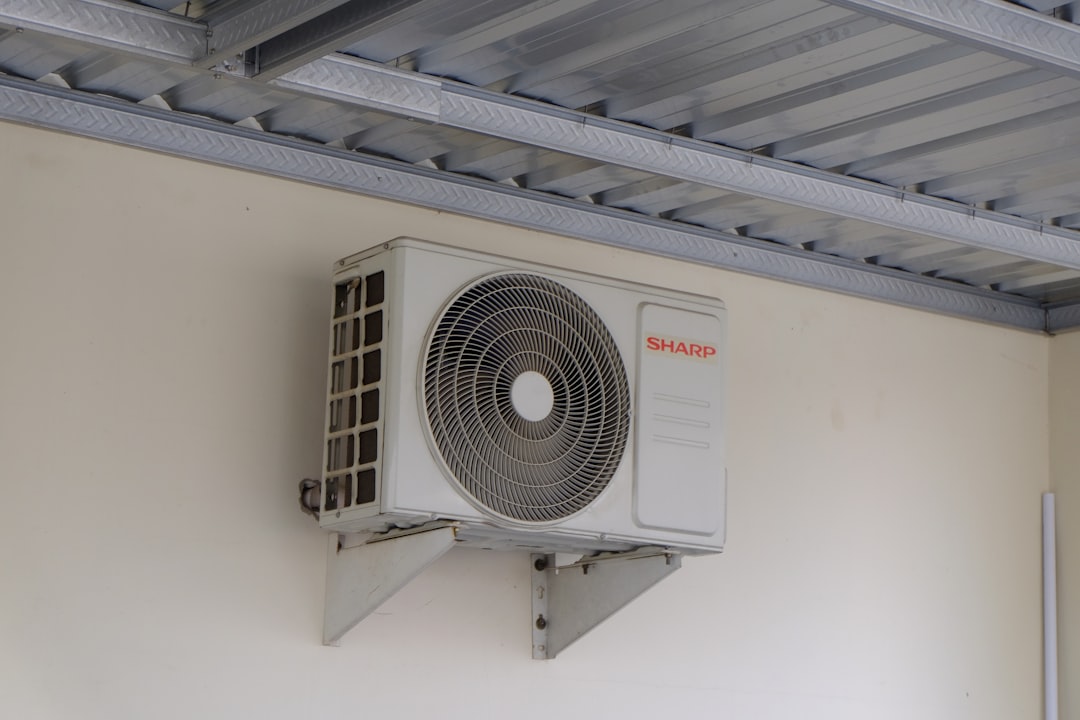
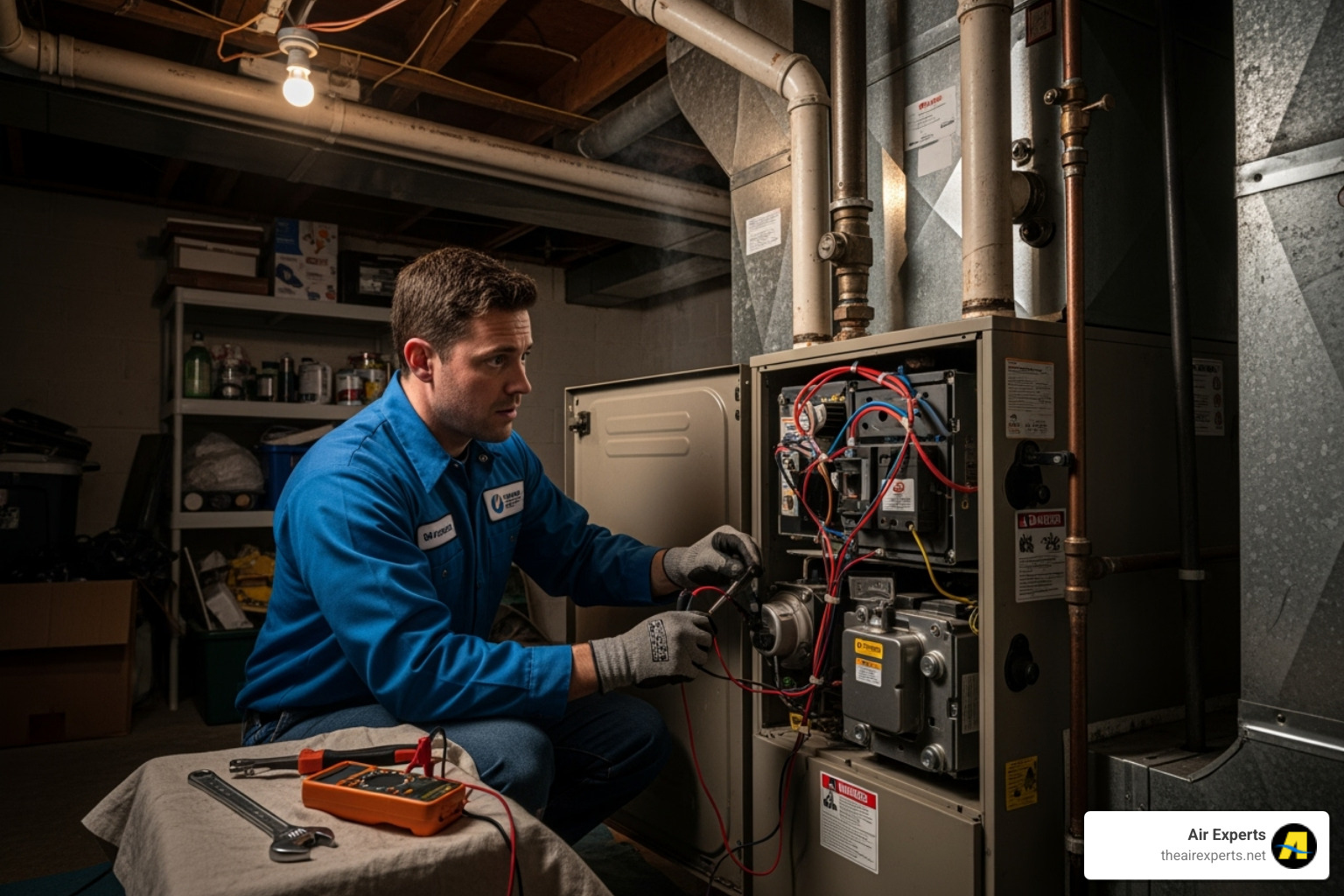

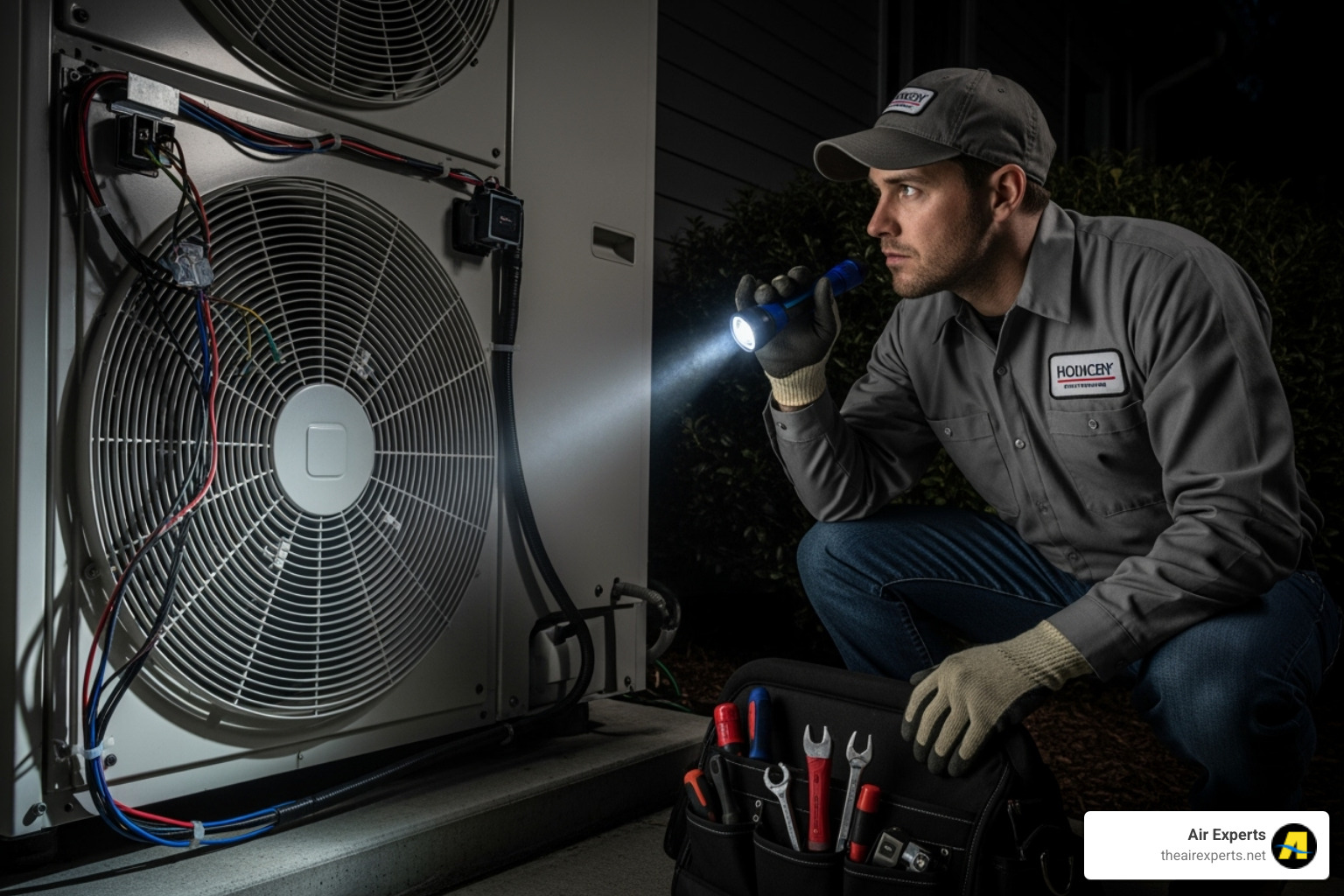
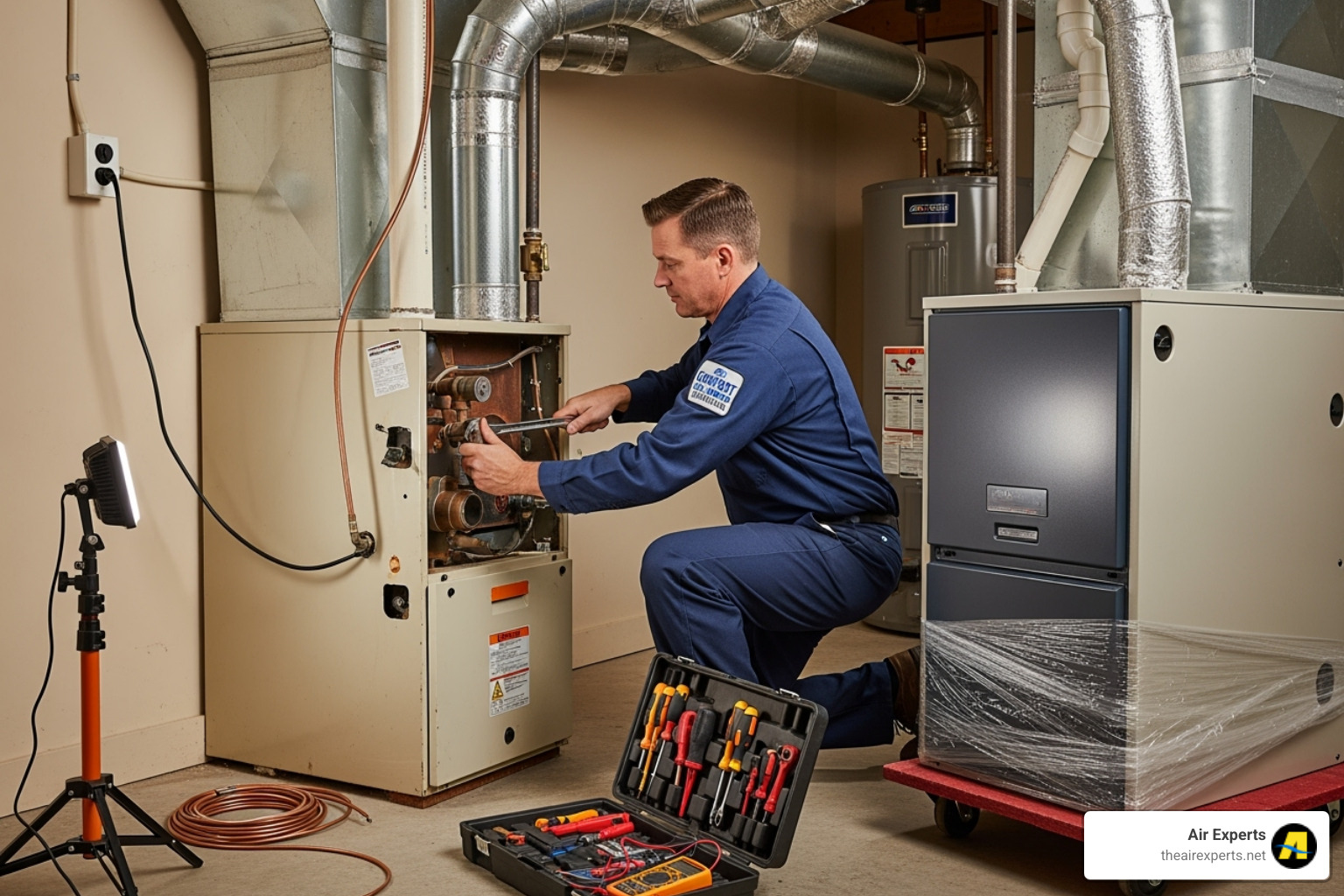
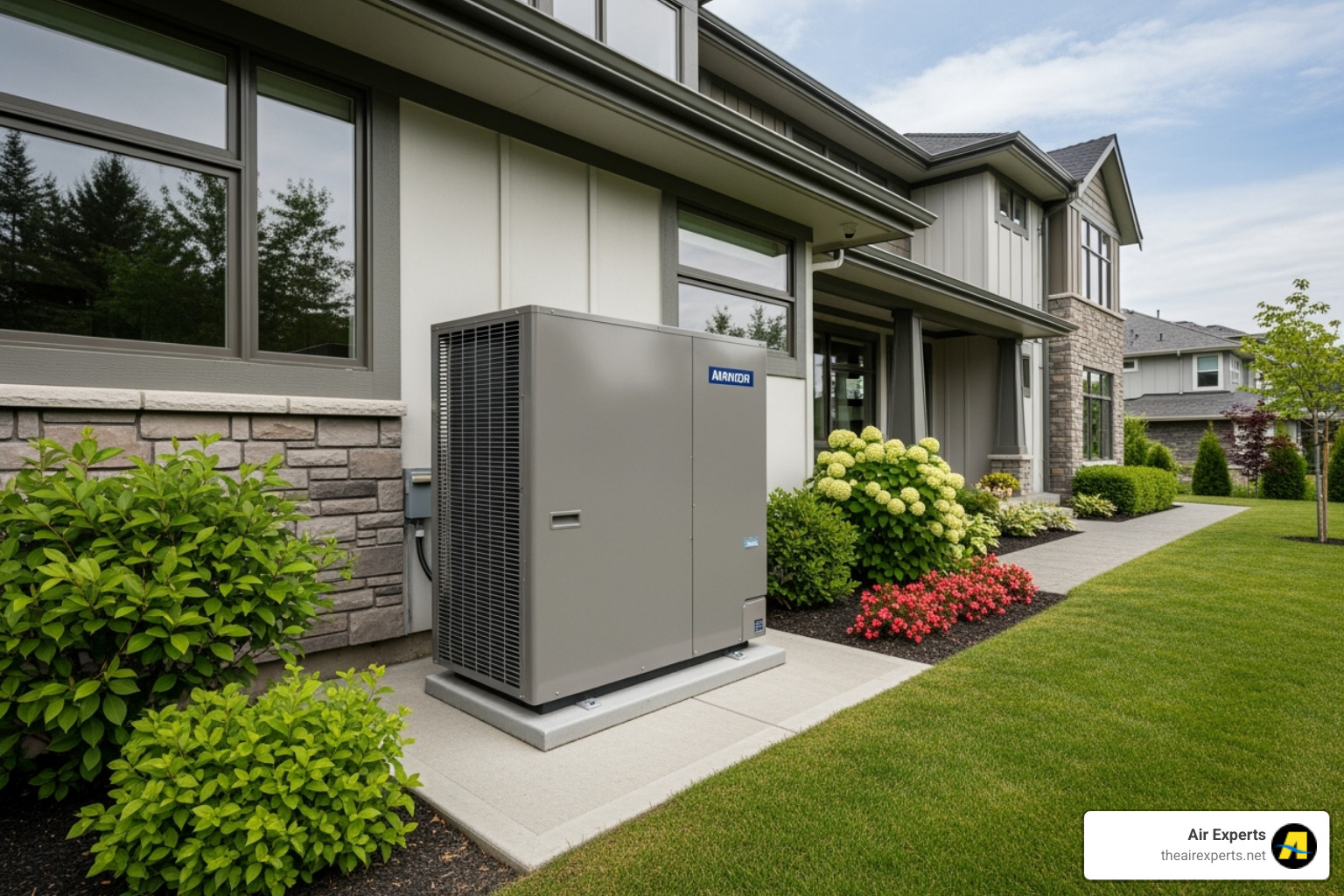
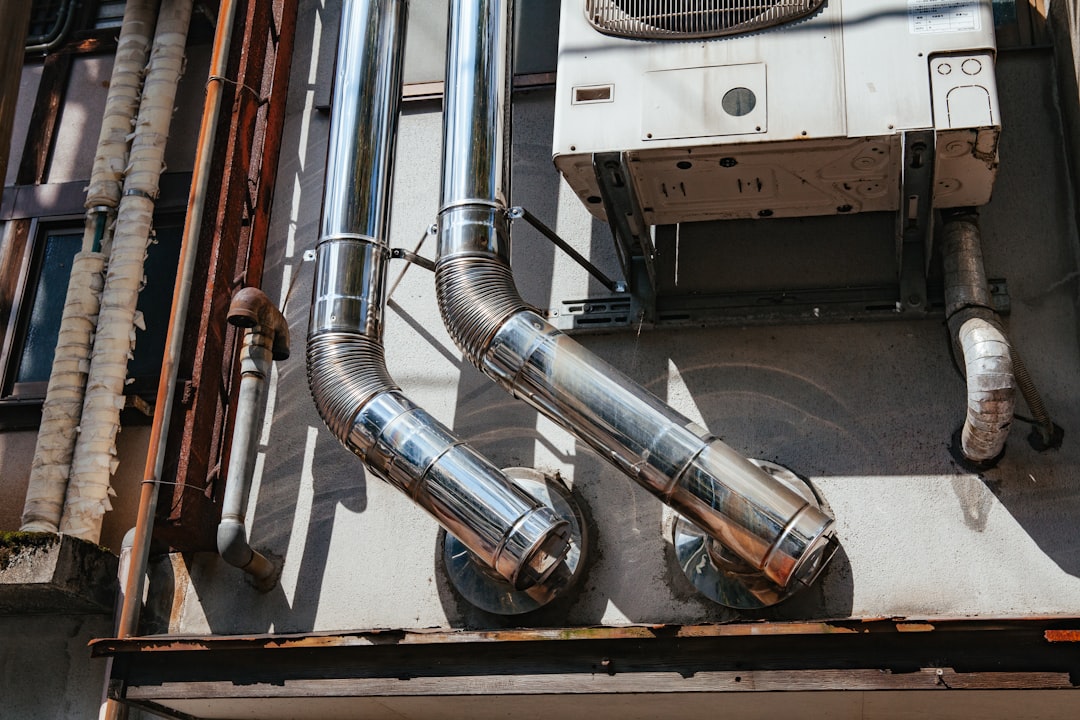
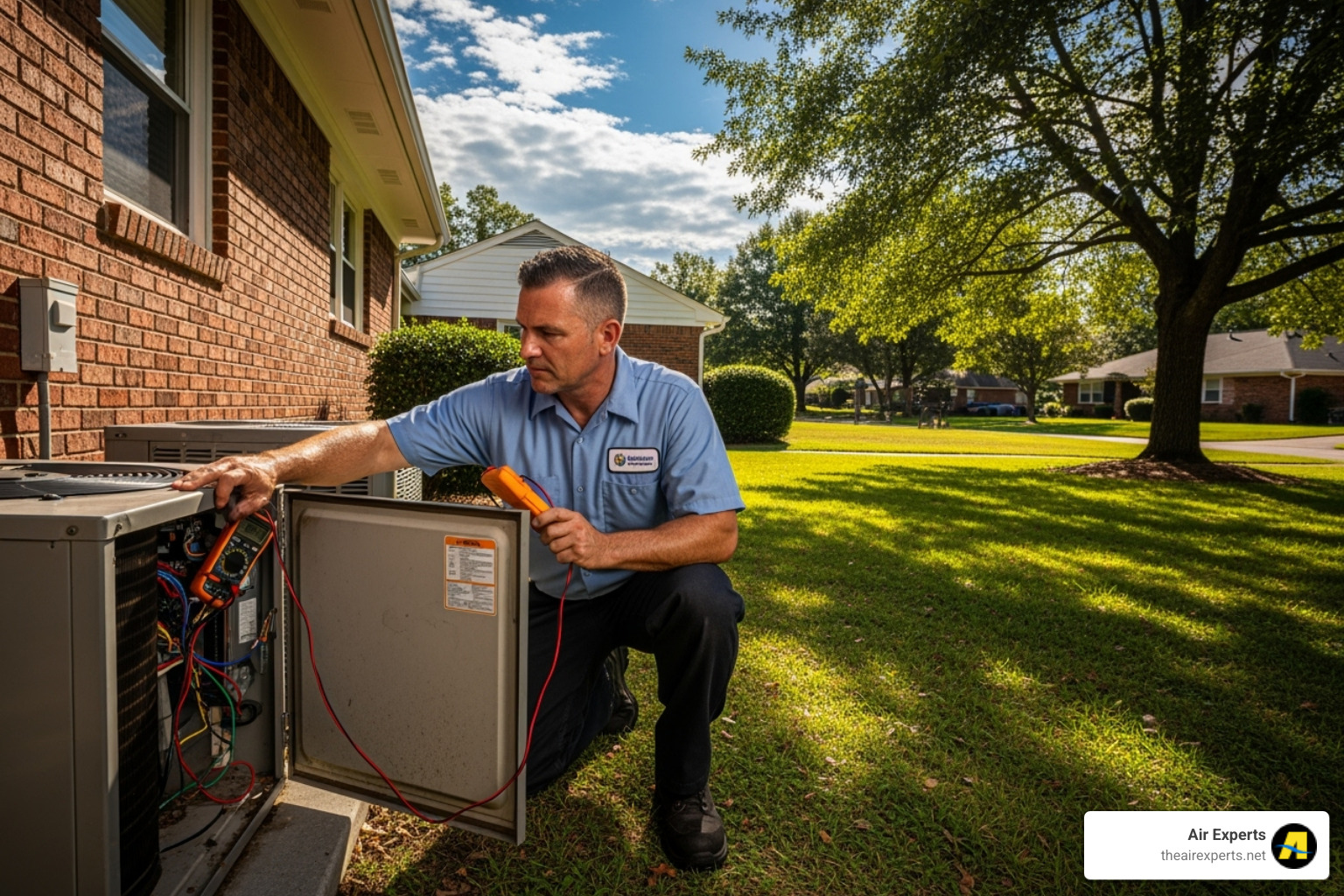
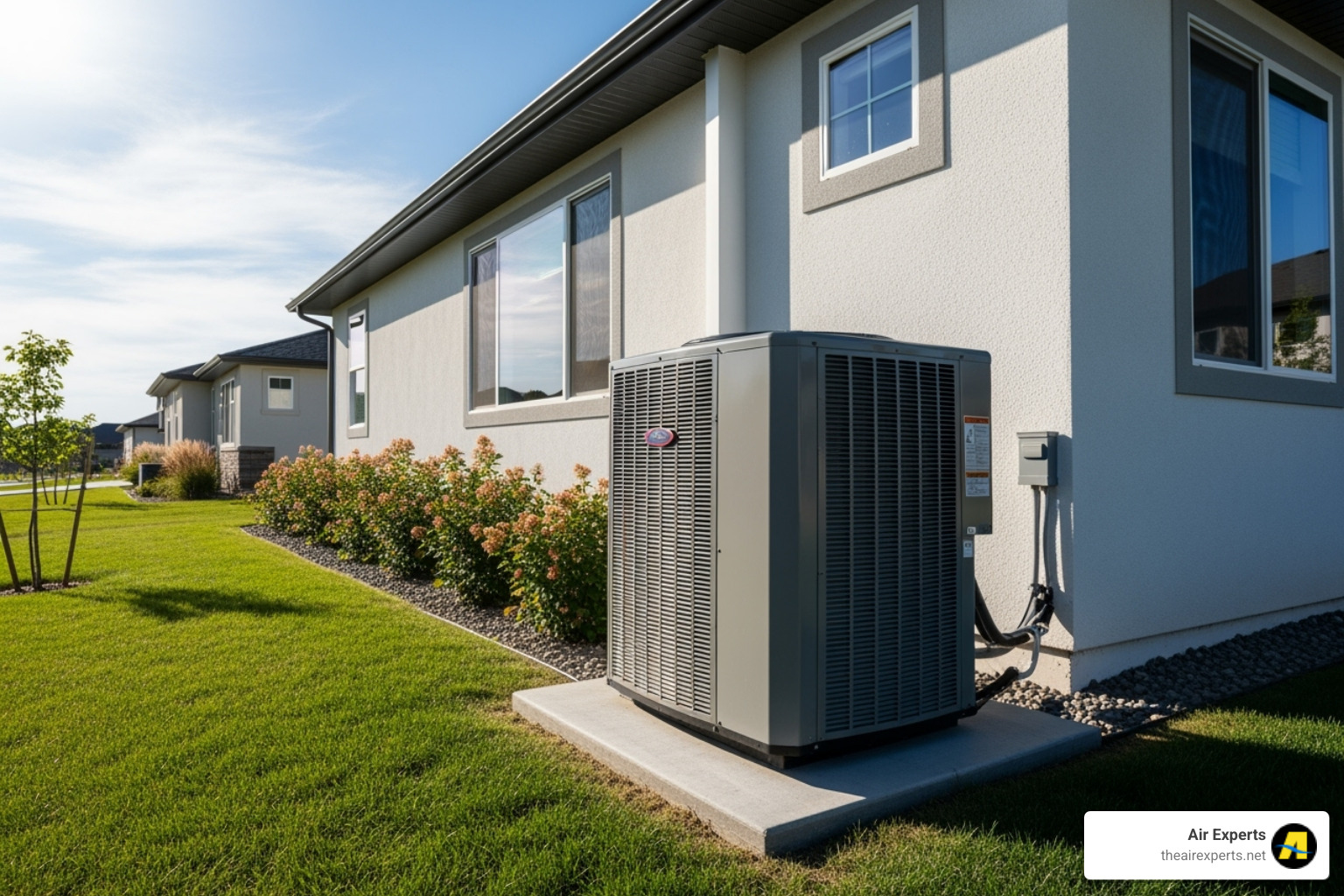
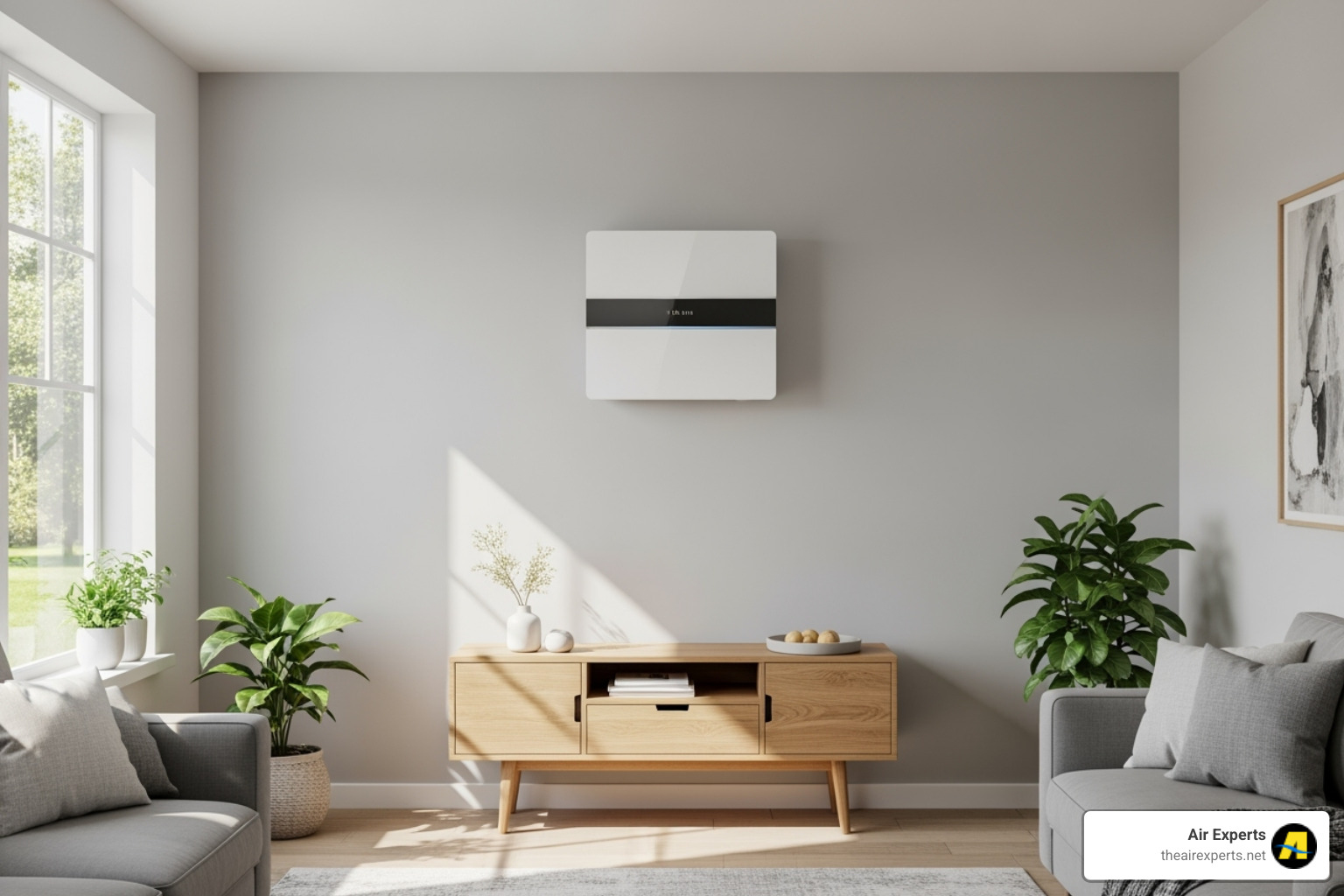
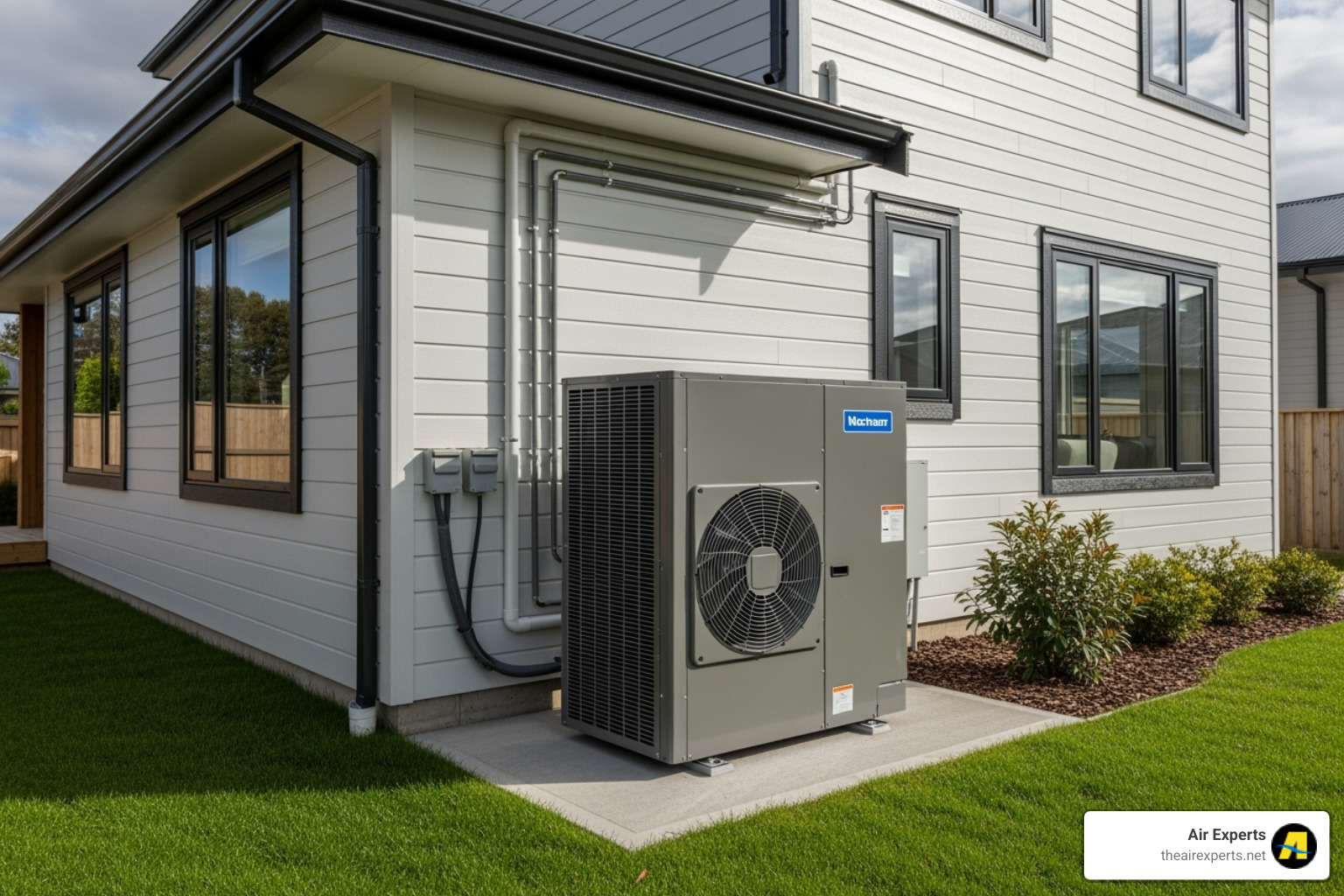
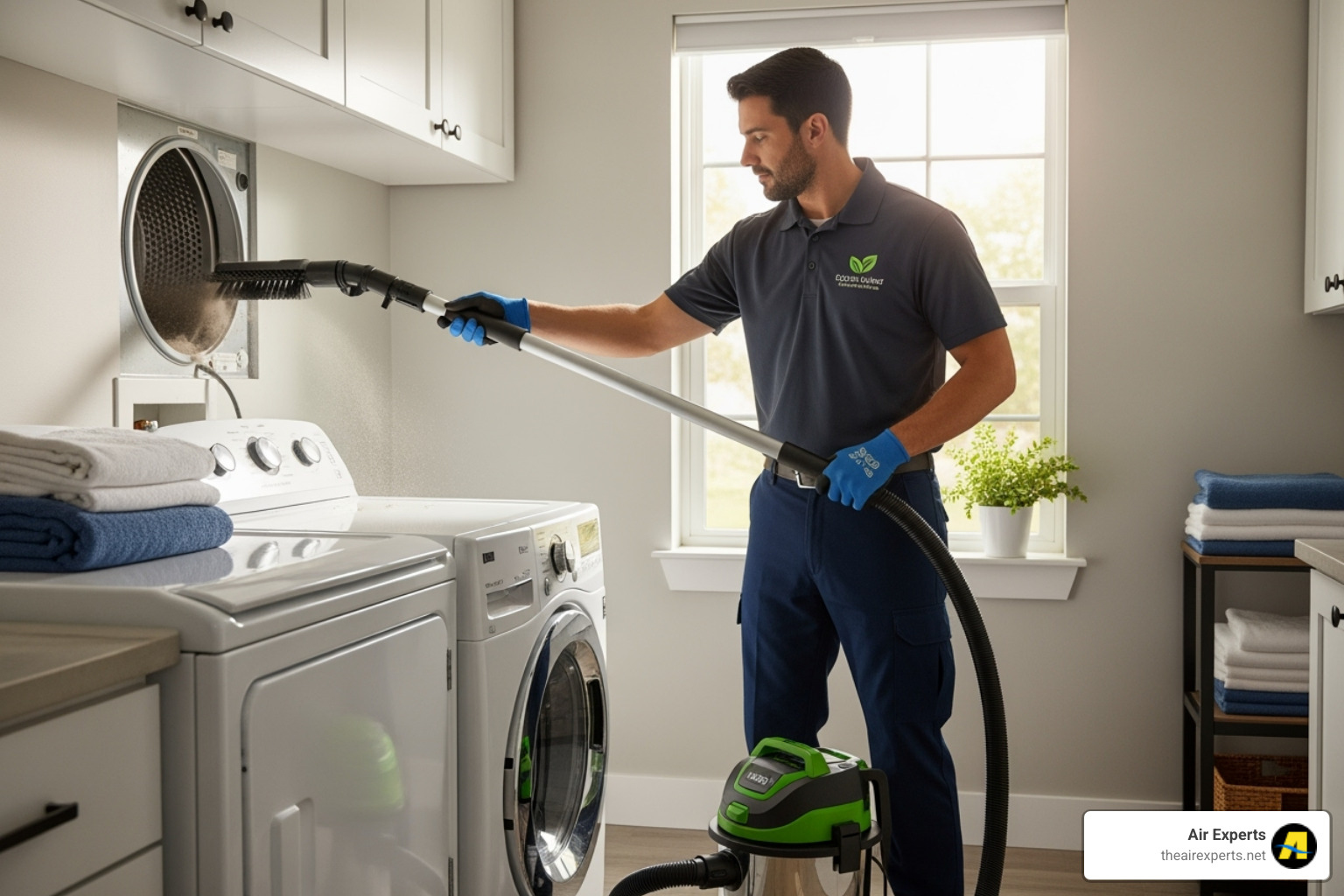

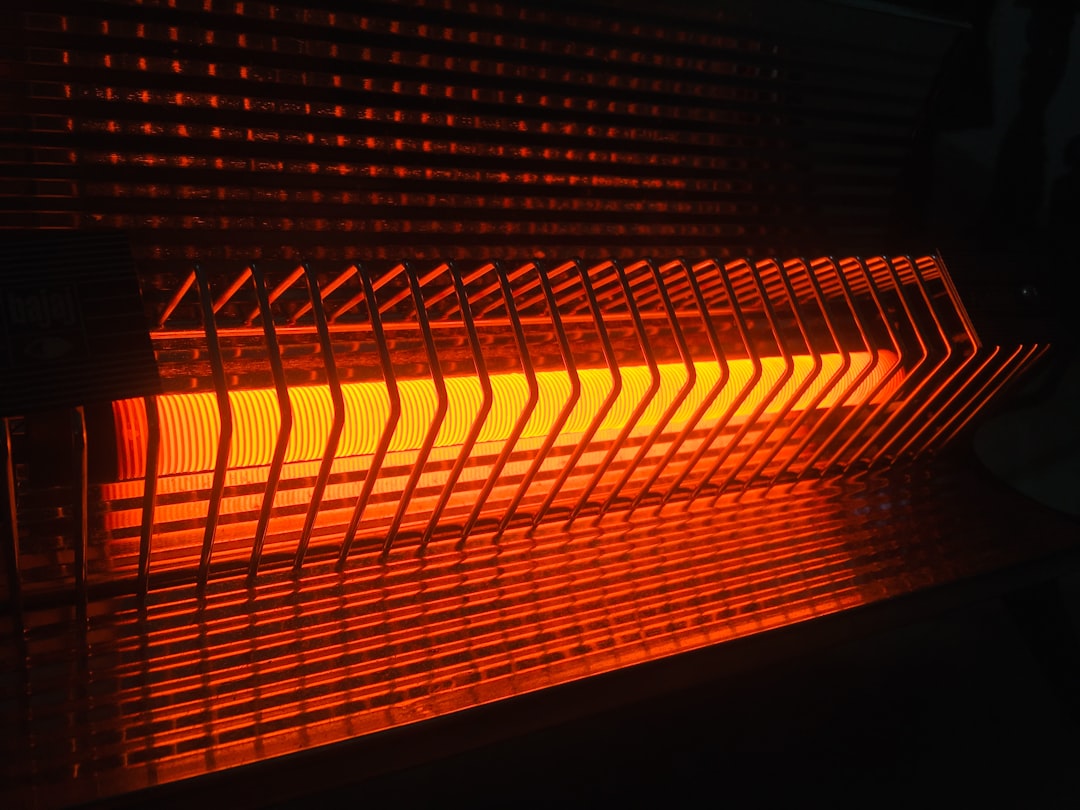
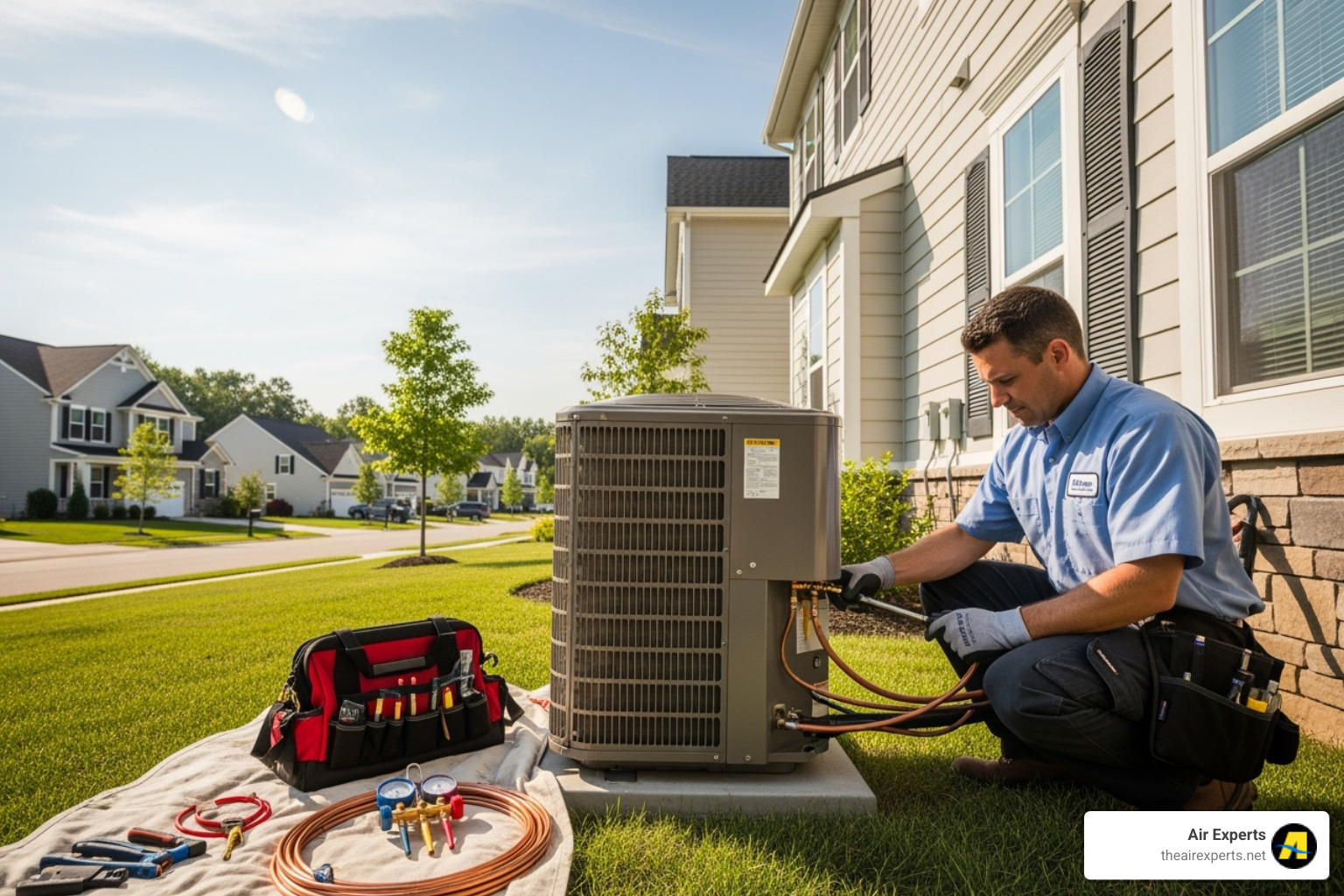
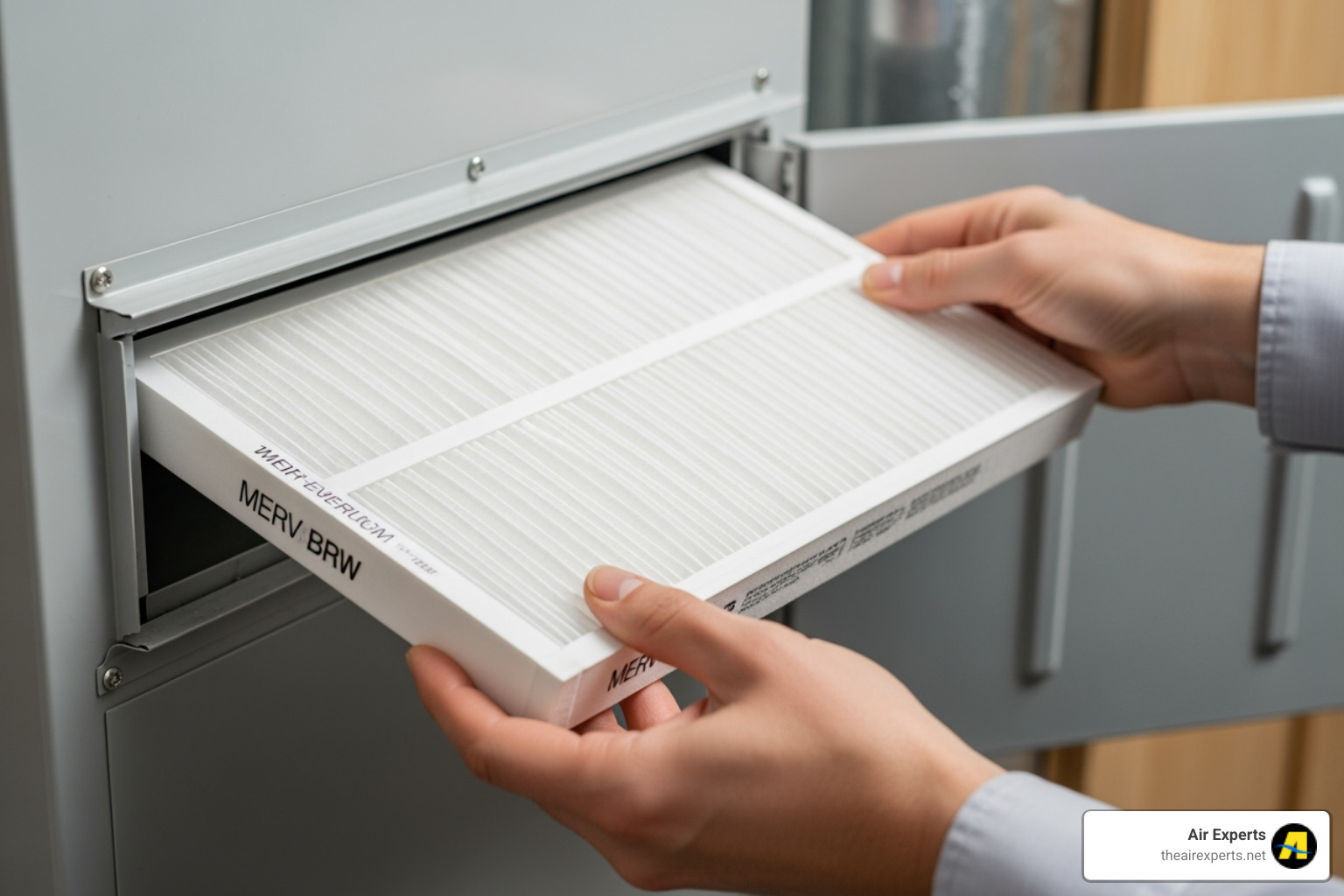
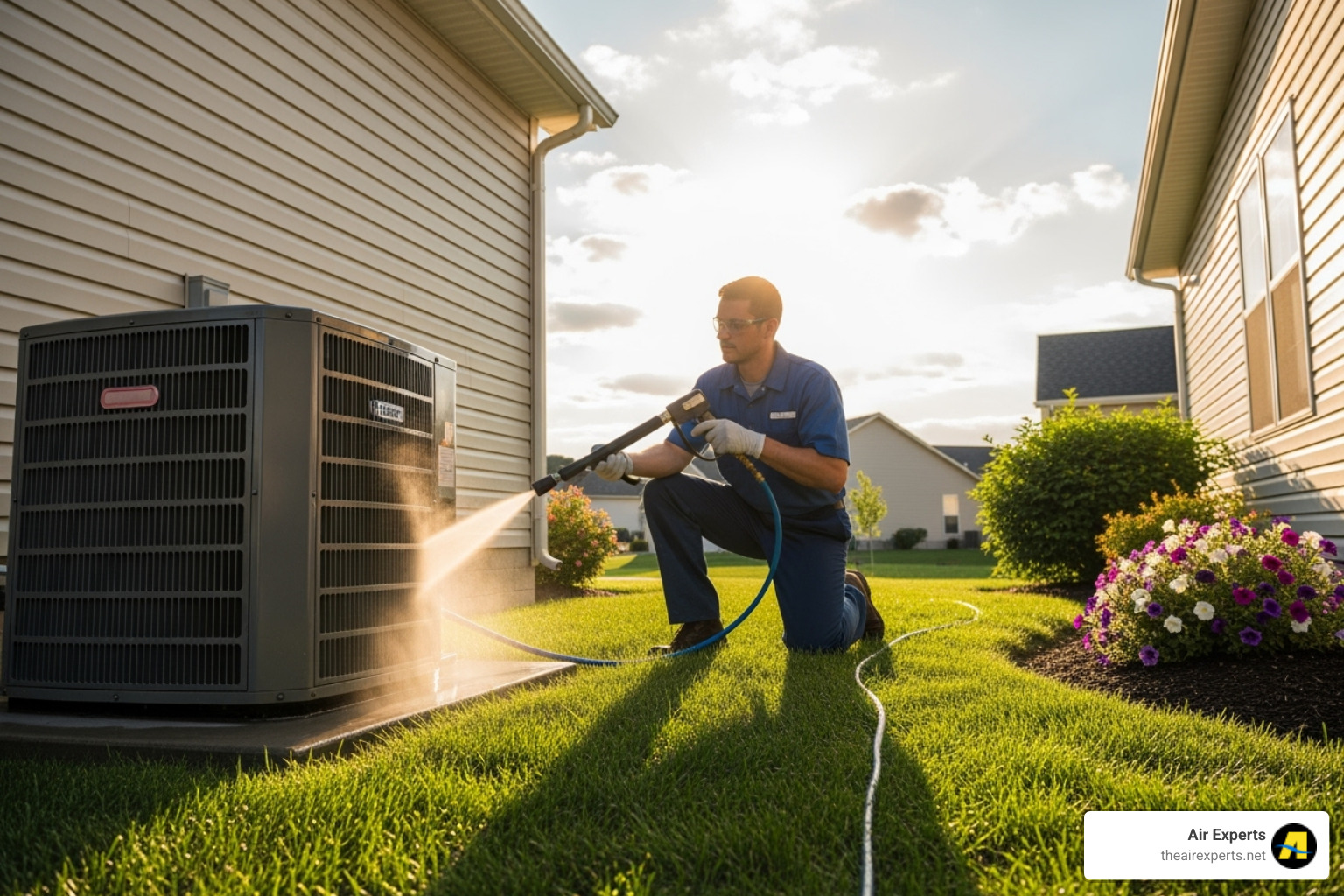
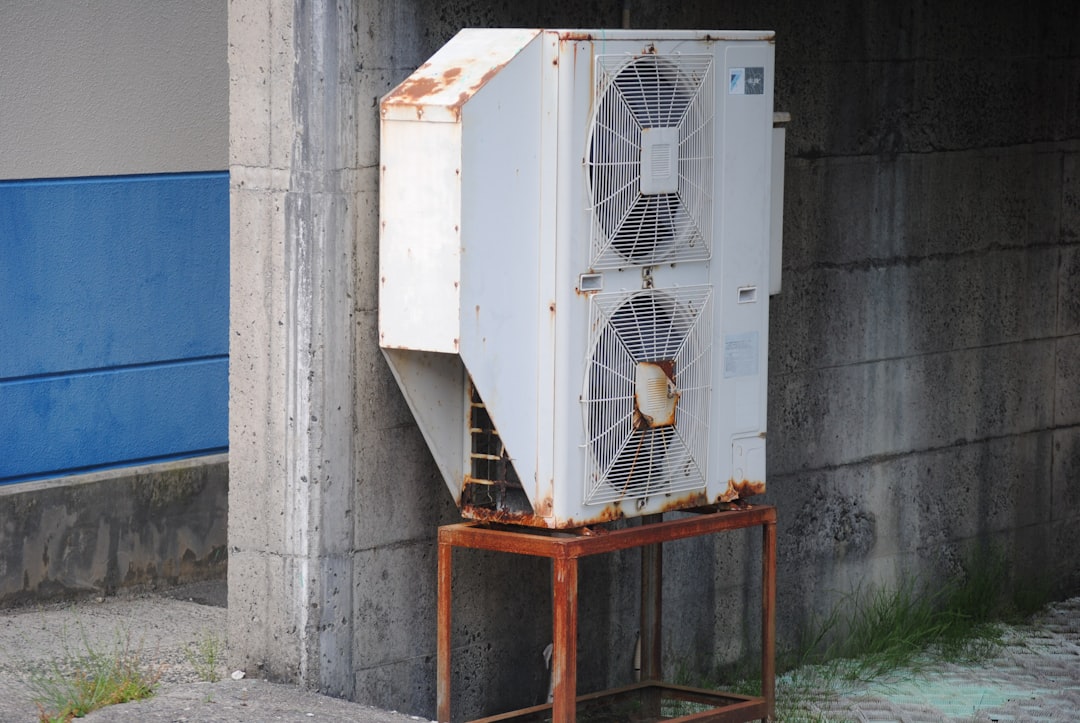
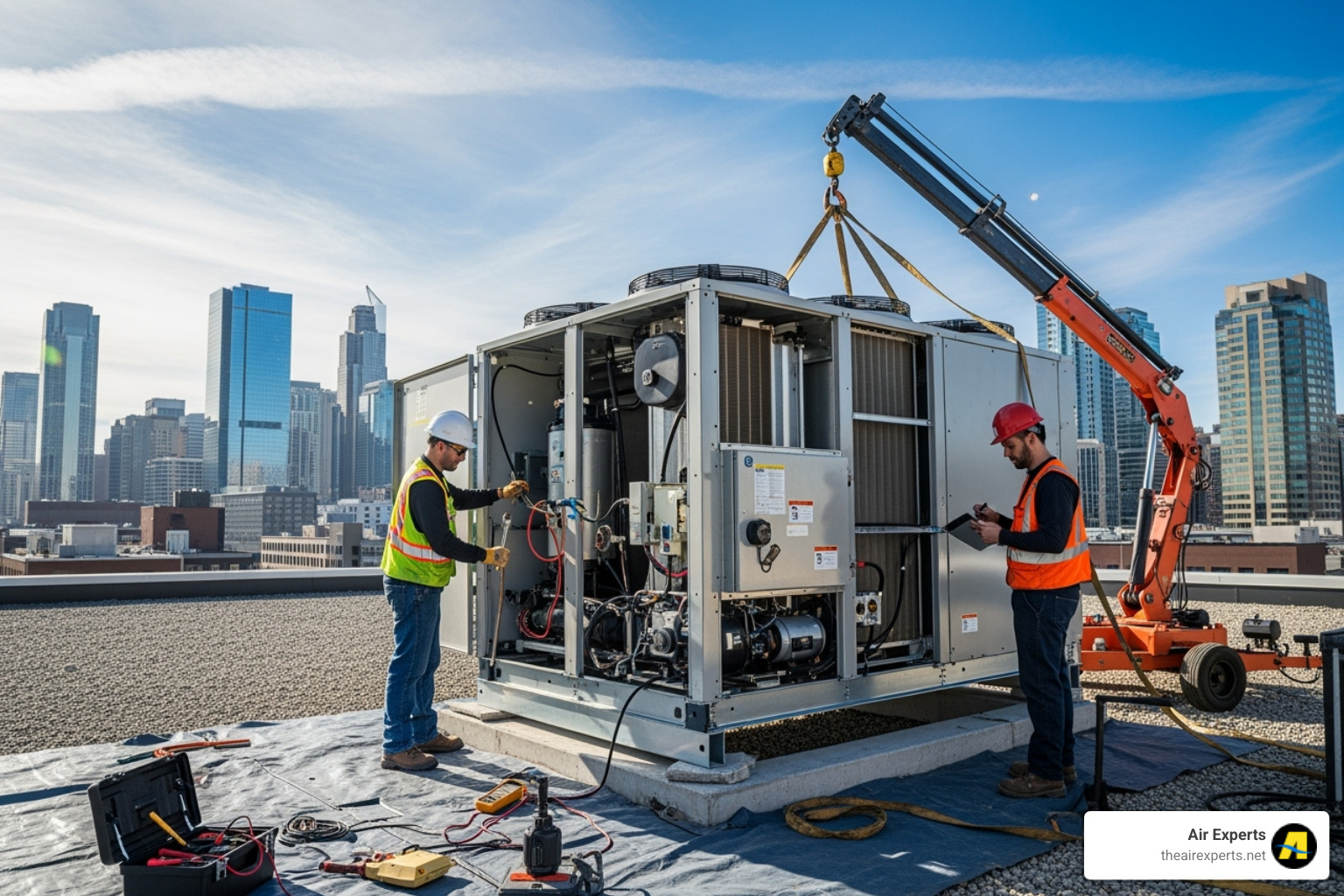
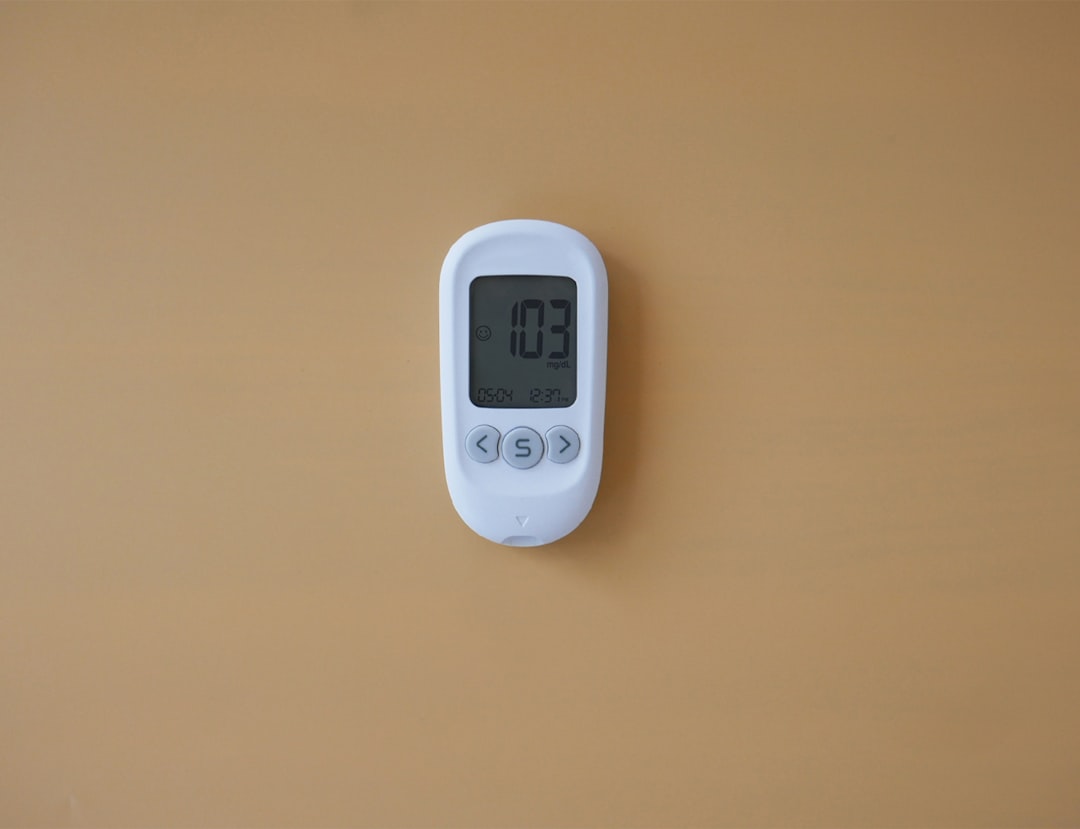
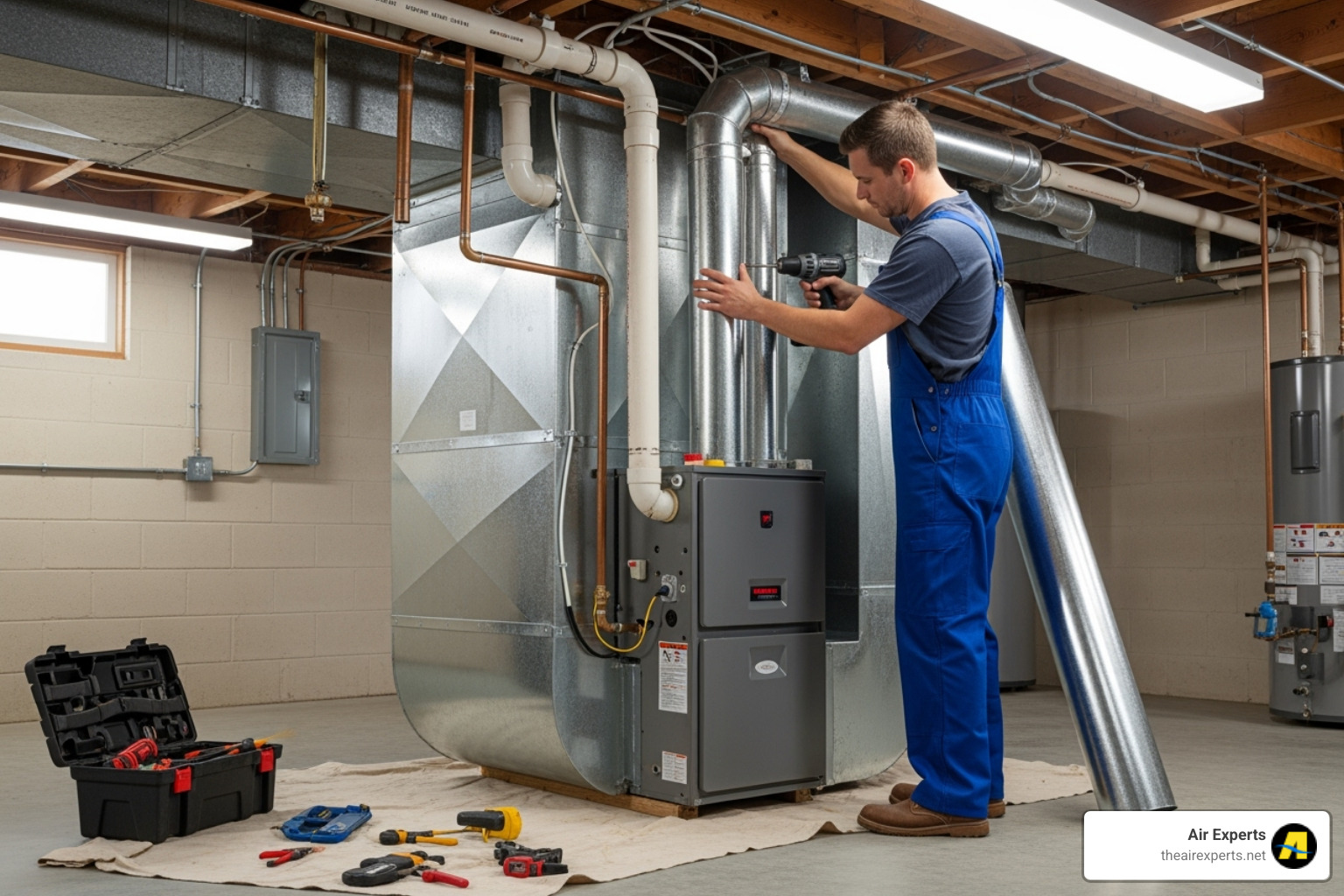
.svg)
.svg)




.svg)
.svg)
